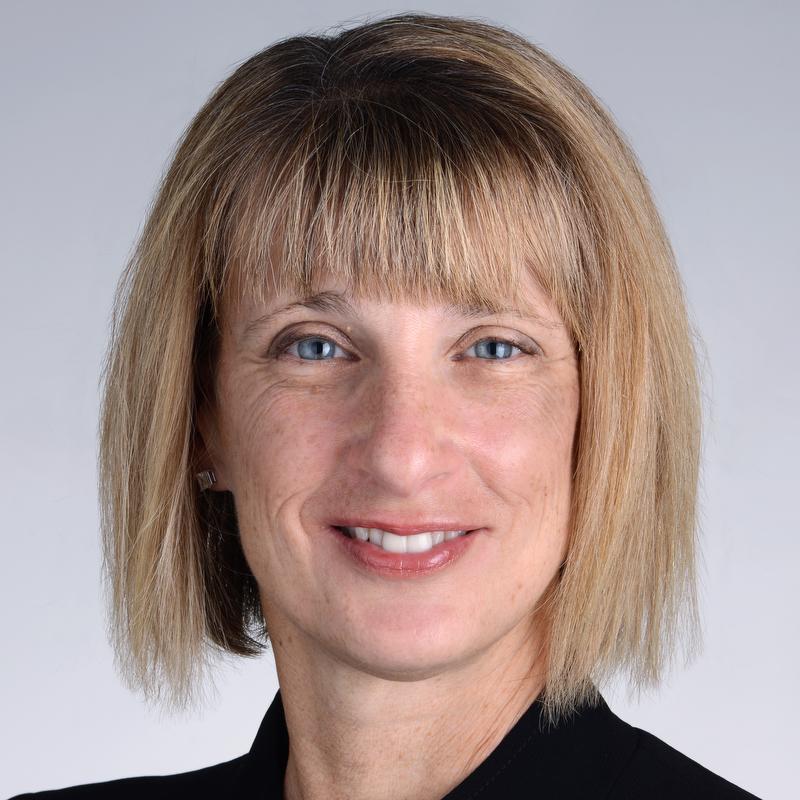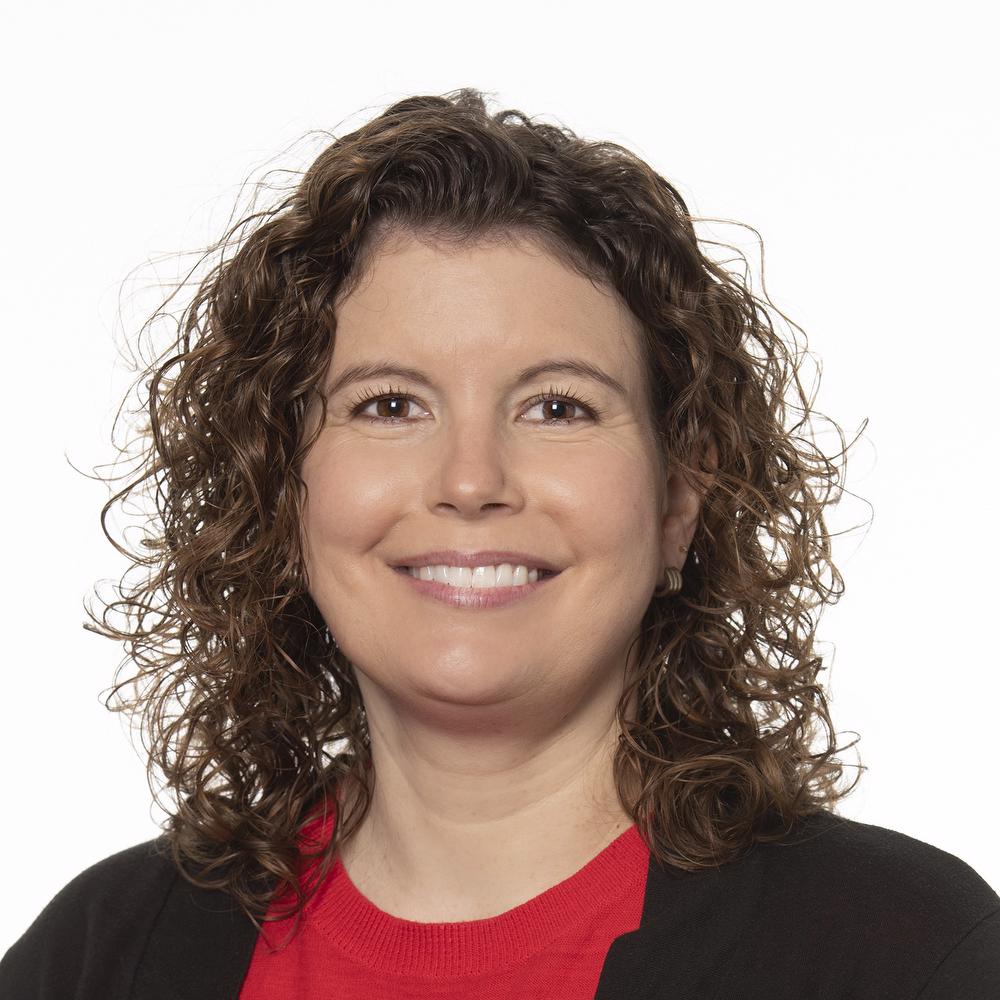

Lauren S. Aaronson Pilot Award: Courtney Berrios, MSc, ScM, CGC
By Frontiers , Clinical and Translational Science Institute
Sep 03, 2024
Pilot Study Title: Moving from Diagnosis to Improved Outcomes: Engaging Community Members to Identify and Address Barriers in Rural Translational Genomic Research and Medicine
Rural communities have historically been excluded or poorly represented in medical research. Courtney Berrios knows that researchers need to make sure that historically underrepresented communities are included in research and that they have equitable access to research outcomes to receive the same benefits as more represented communities.
At Children’s Mercy Hospital, researchers have made strides in identifying genetic causes of disorders in children in rural communities through their Genomic Answers for Kids program. But, once a genetic cause is identified, families are likely to require extensive follow-up care including appointments with various specialists. Not only is this time-consuming, but it also requires access to providers. As Berrios says, “Overcoming the barrier to getting genetic testing doesn’t necessarily overcome the barrier to getting the follow up care that’s needed.”
Berrios and her team are taking steps to solve this problem. In her Lauren S. Aaronson Pilot Award, Berrios is partnering directly with rural communities to understand the unique difficulties that rural families experience when faced with rare genetic diagnoses and subsequent follow up care. Generally, rural families have limited access to specialists, but Berrios also wants to know exactly what other barriers are in place so that she and her team can develop solutions to overcome them. She is looking to families and primary care providers in rural communities for answers. Her team is planning to follow up with approximately 15 rural families who have participated in Genomic Answers for Kids, asking them what barriers there are to follow up care and how they think these barriers can best be addressed. Additionally, Berrios plans to ask the same questions with primary care providers who are on the ground and familiar with these communities. Participating families and providers will all represent rural communities in the Kansas and Missouri areas.
Berrios hopes this study will help develop solutions that increase access to follow-up care and eventually lead to their implementation, so that all who need high-quality care can get it.
Latest Articles
View All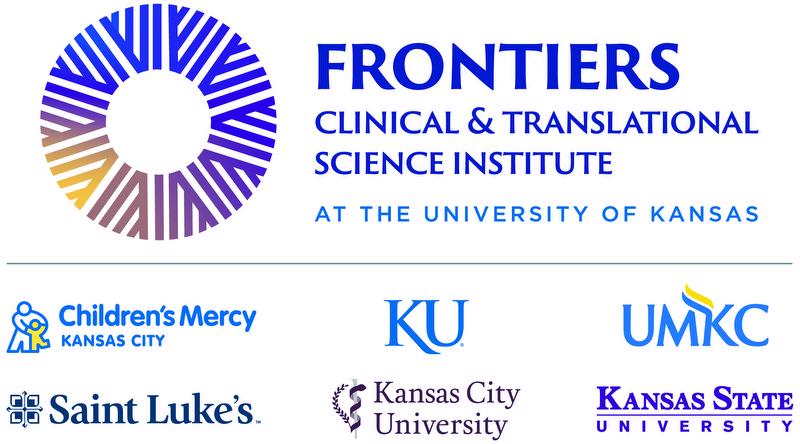 Funded Projects · News
Funded Projects · News
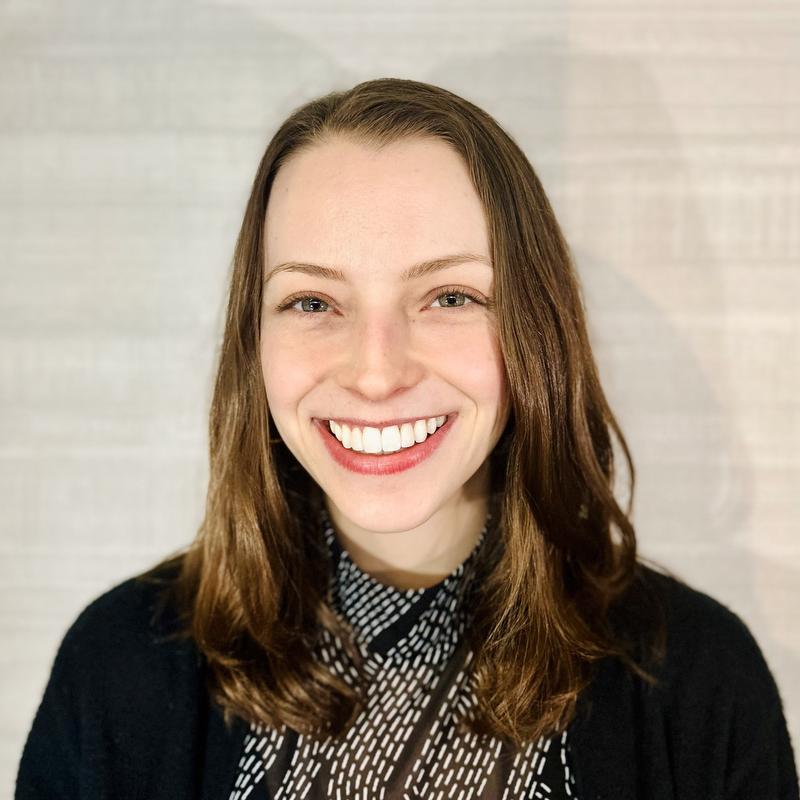 TL1 Trainee · News
TL1 Trainee · News
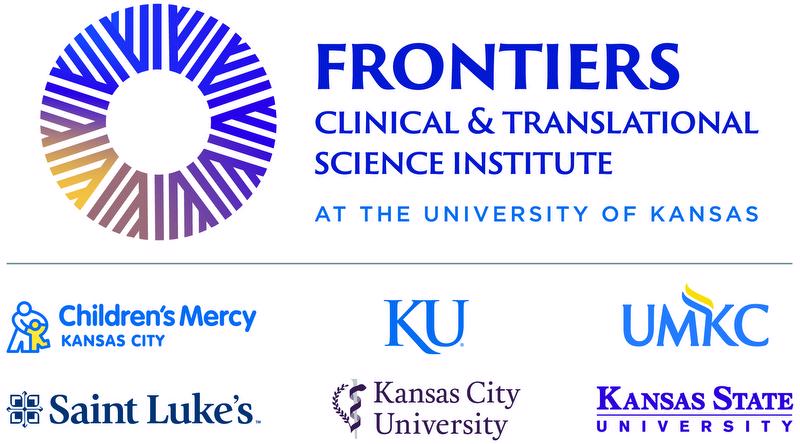 Funded Projects · News
Funded Projects · News
 TL1 Trainee · News
TL1 Trainee · News
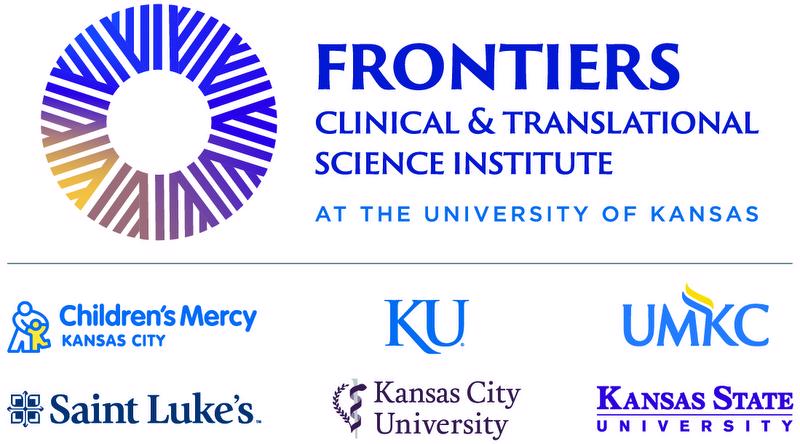 Funded Projects · News
Funded Projects · News
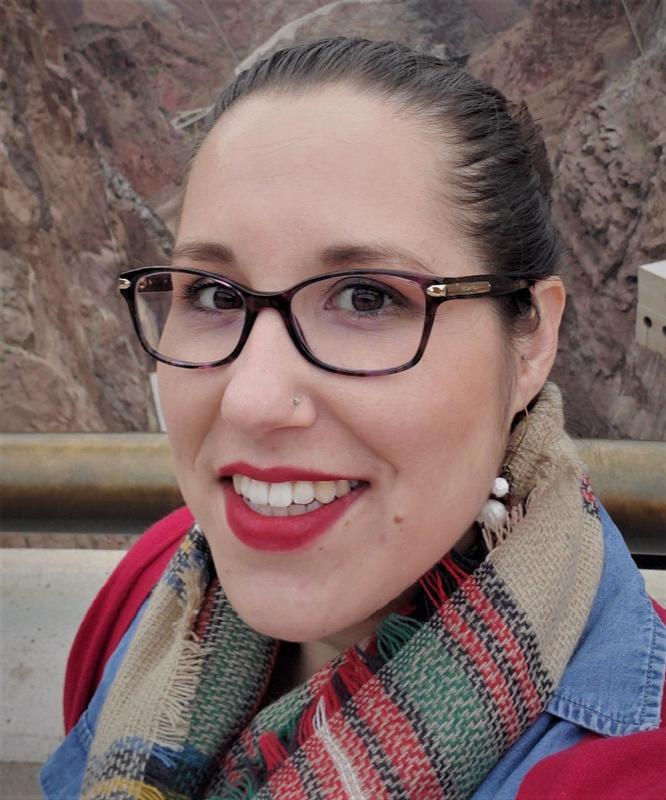 TL1 Trainee · News
TL1 Trainee · News
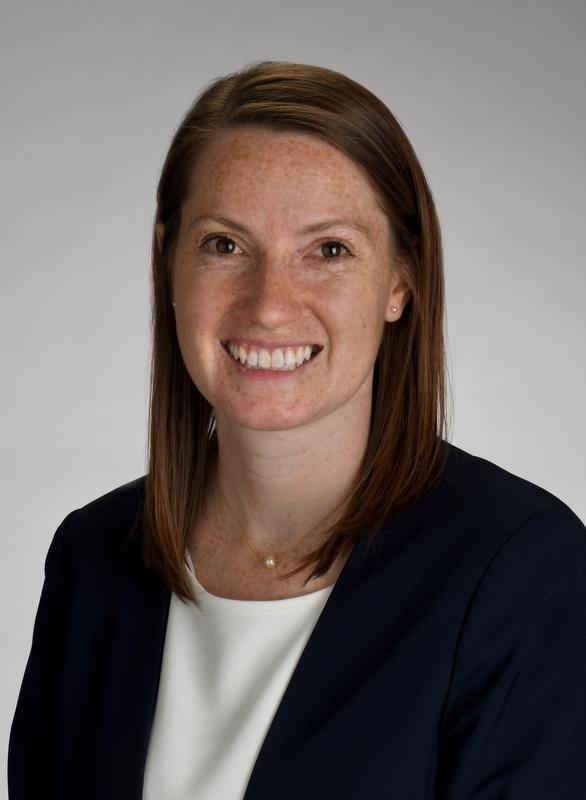 KL2 Scholar · News
KL2 Scholar · News
 Funded Projects · News
Funded Projects · News
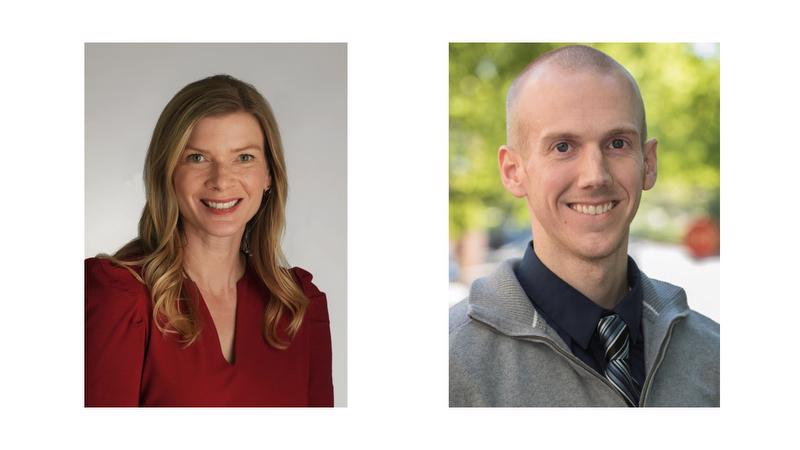 Funded Projects · News
Funded Projects · News
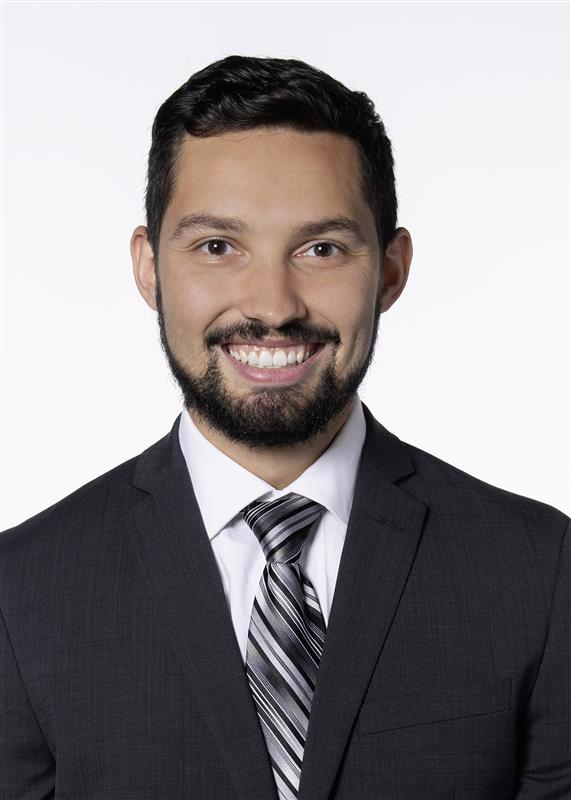 TL1 Trainee · News
TL1 Trainee · News
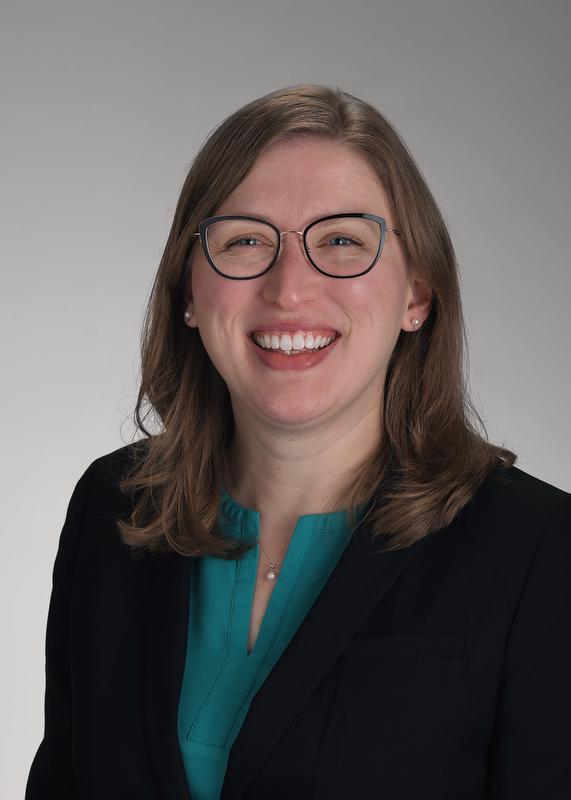 KL2 Scholar · News
KL2 Scholar · News
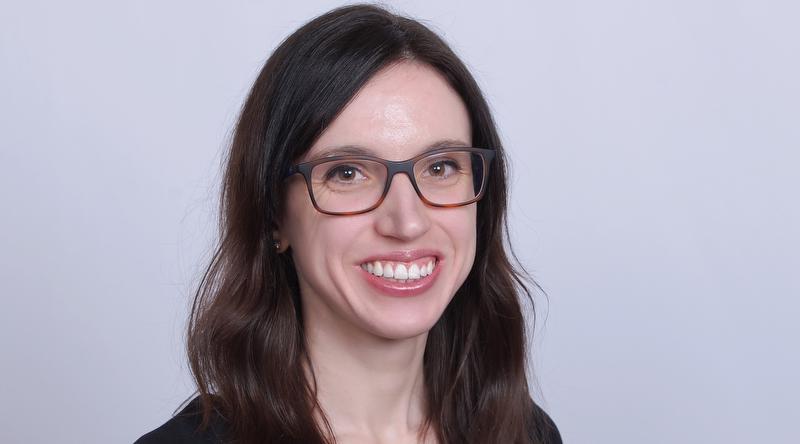 Funded Projects · News
Funded Projects · News
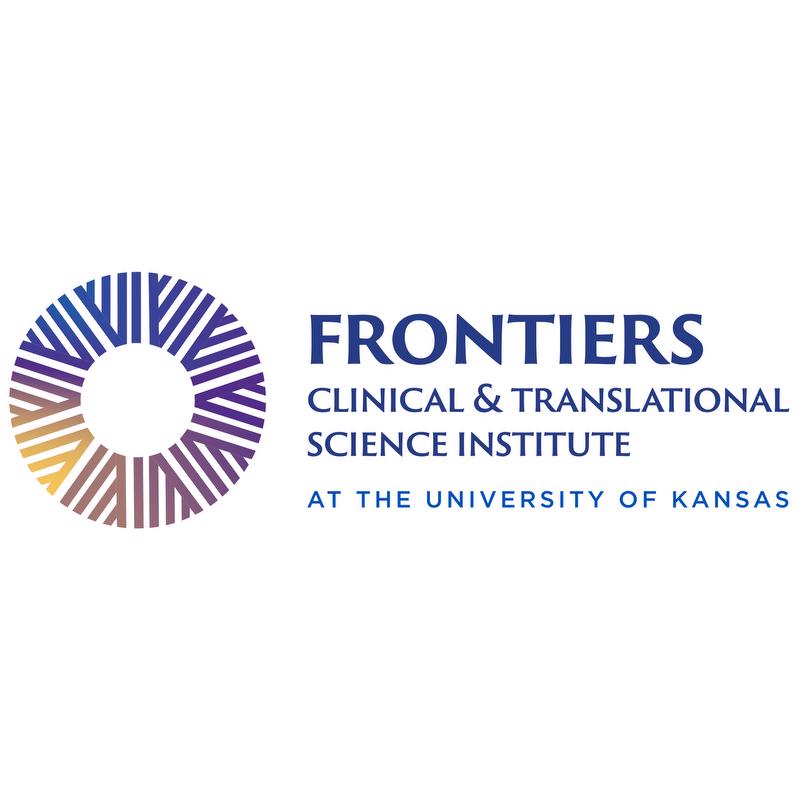 News
News
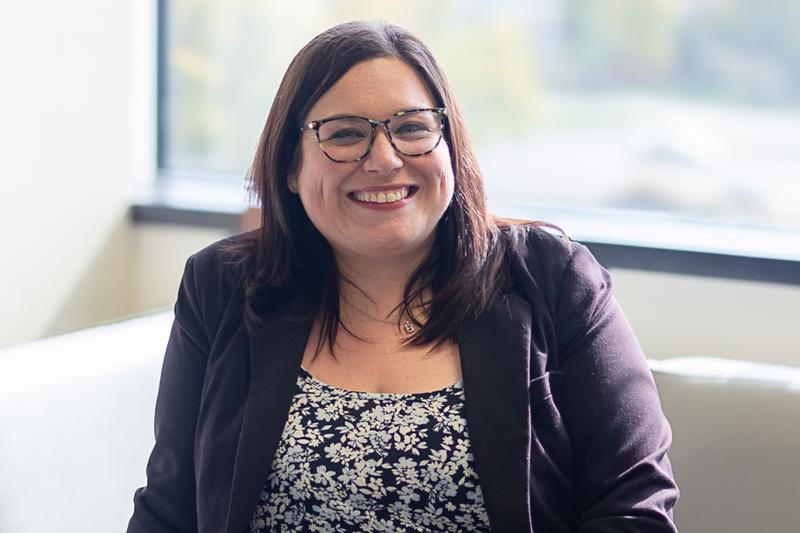 TL1 Trainee · News
TL1 Trainee · News
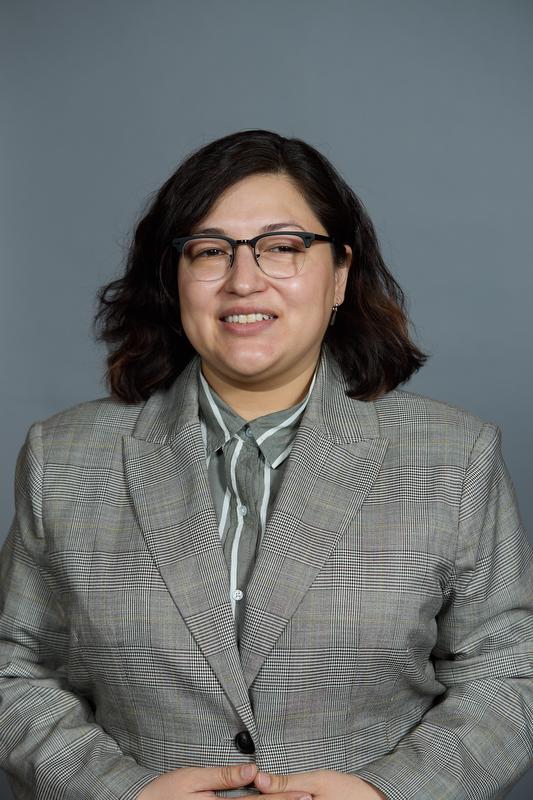 News
News
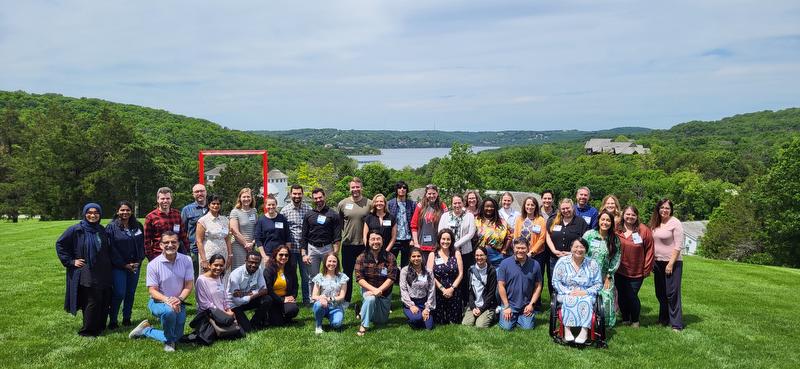 News
News
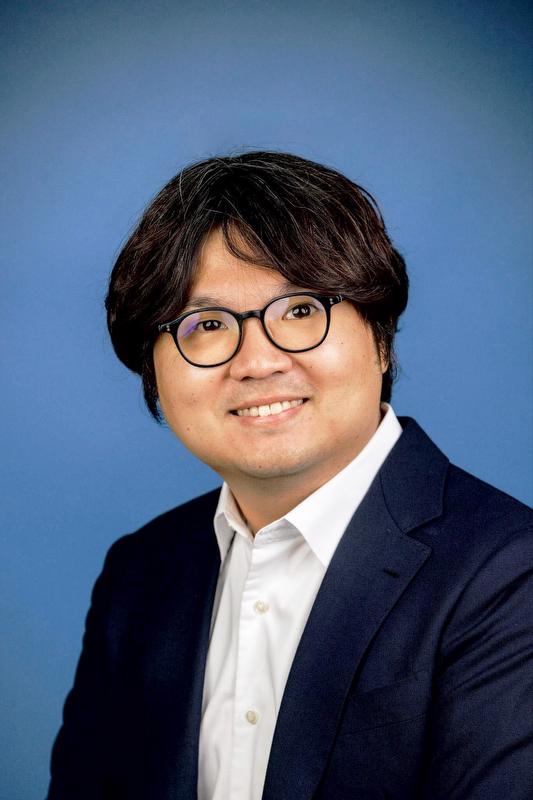 Funded Projects · News
Funded Projects · News
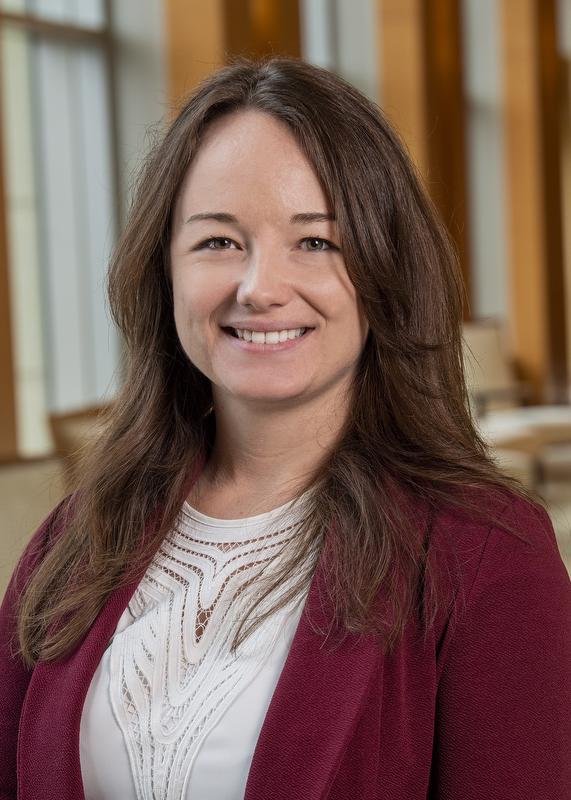 TL1 Trainee · News
TL1 Trainee · News
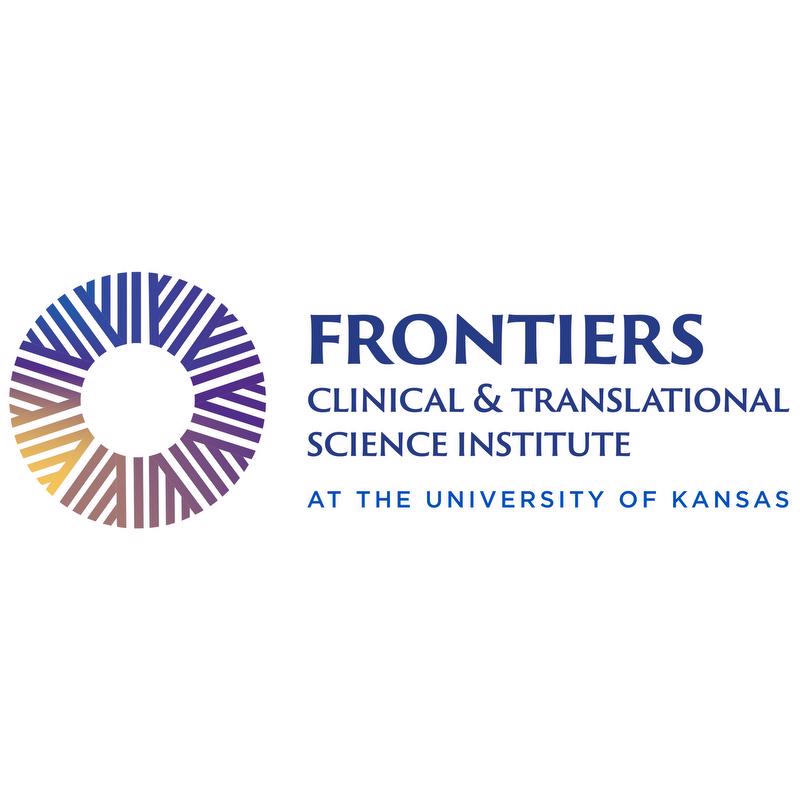 Events
Events
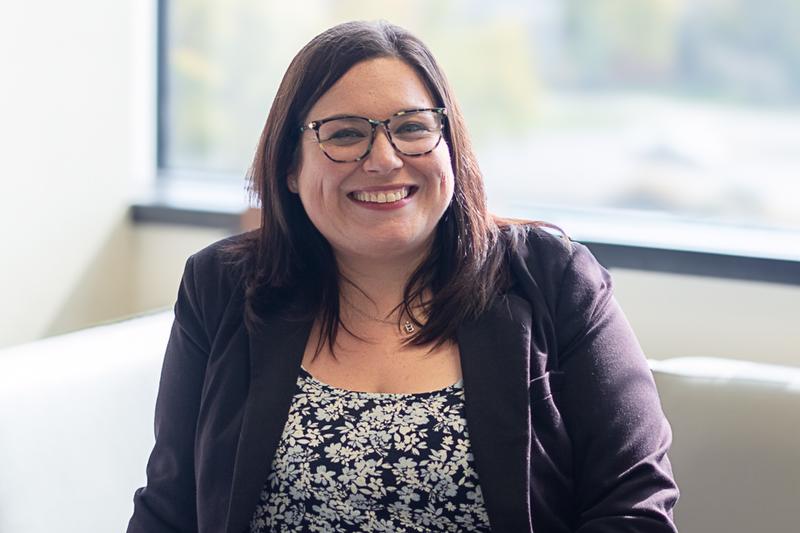 TL1 Trainee · News
TL1 Trainee · News
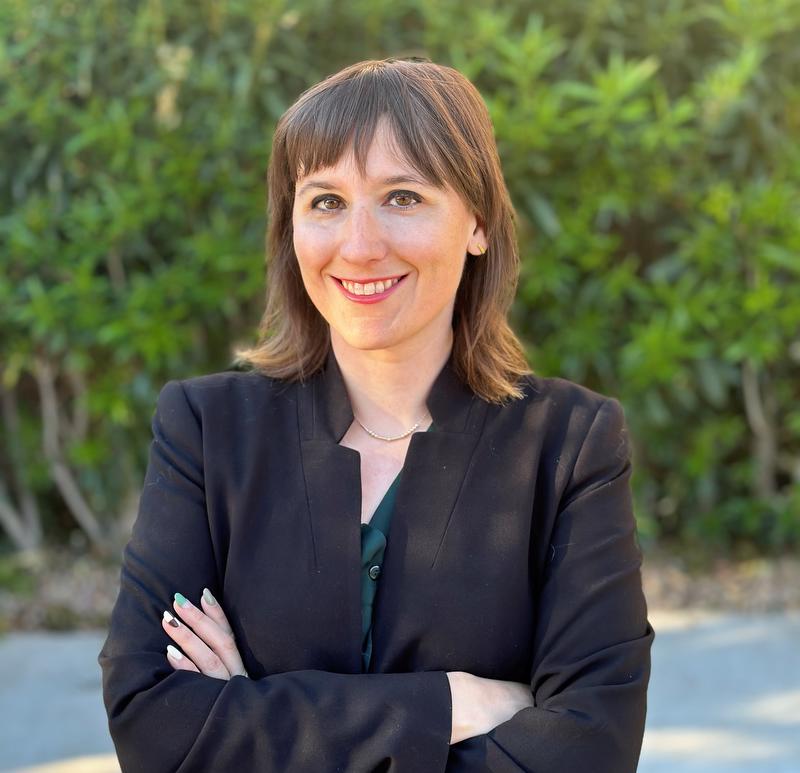 News
News
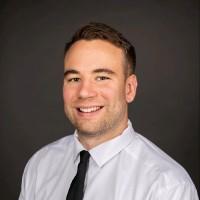 TL1 Trainee · News
TL1 Trainee · News
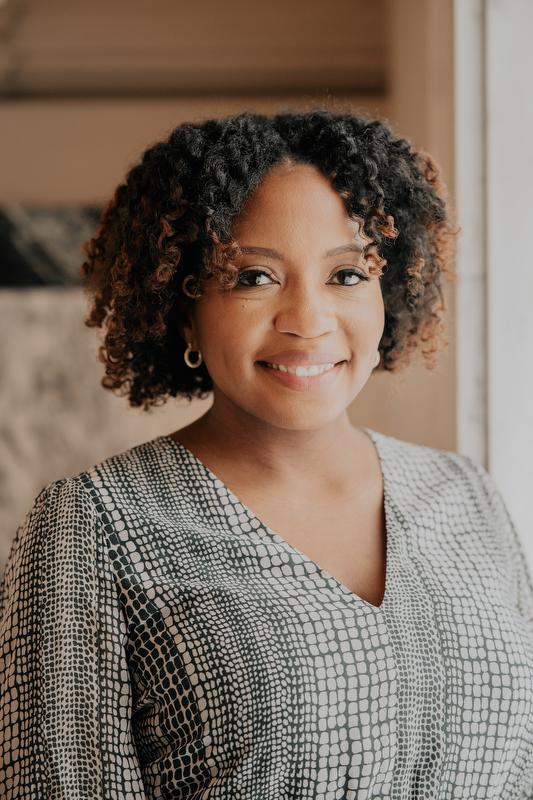 KL2 Scholar · News
KL2 Scholar · News
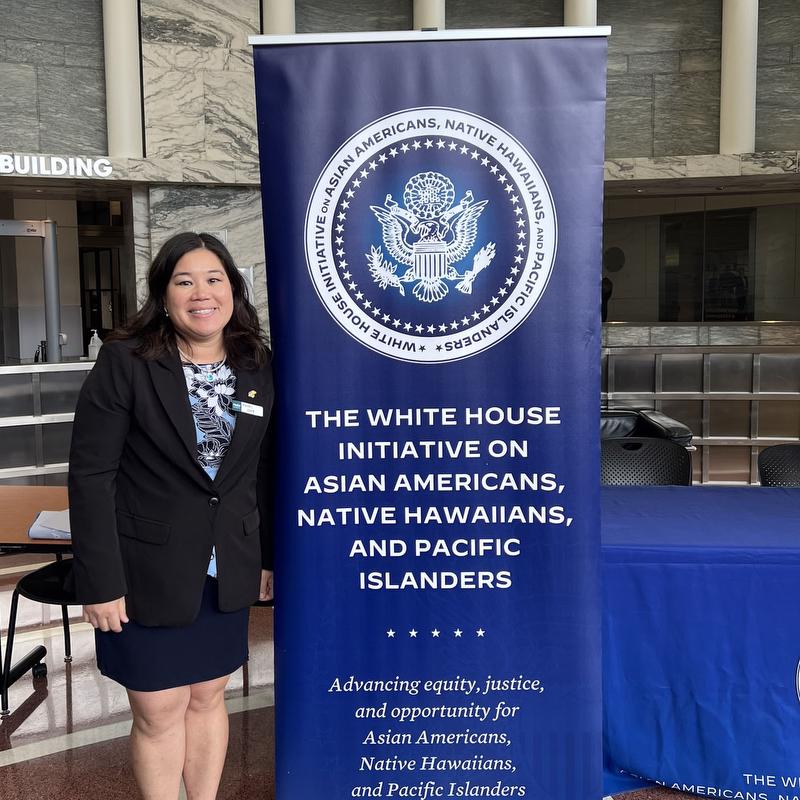 News
News
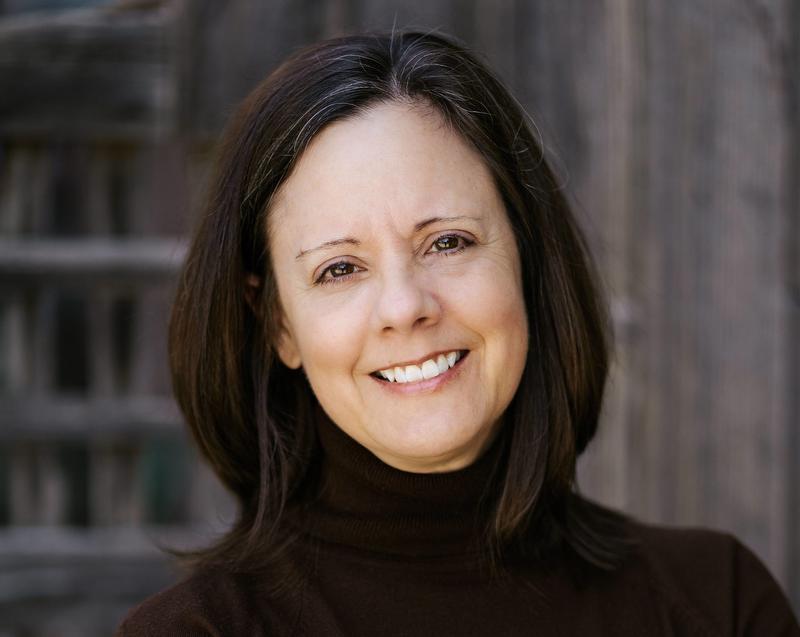 KL2 Scholar · News
KL2 Scholar · News
 Funded Projects · News
Funded Projects · News
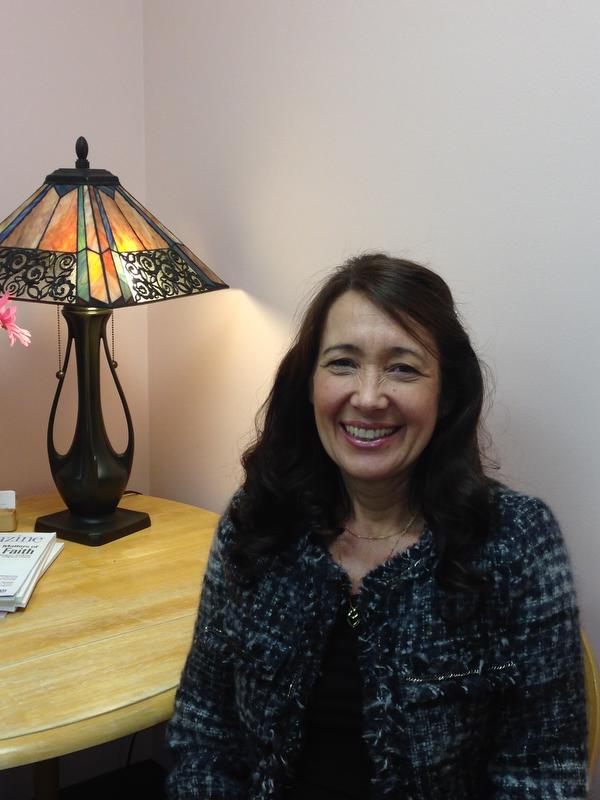 News
News
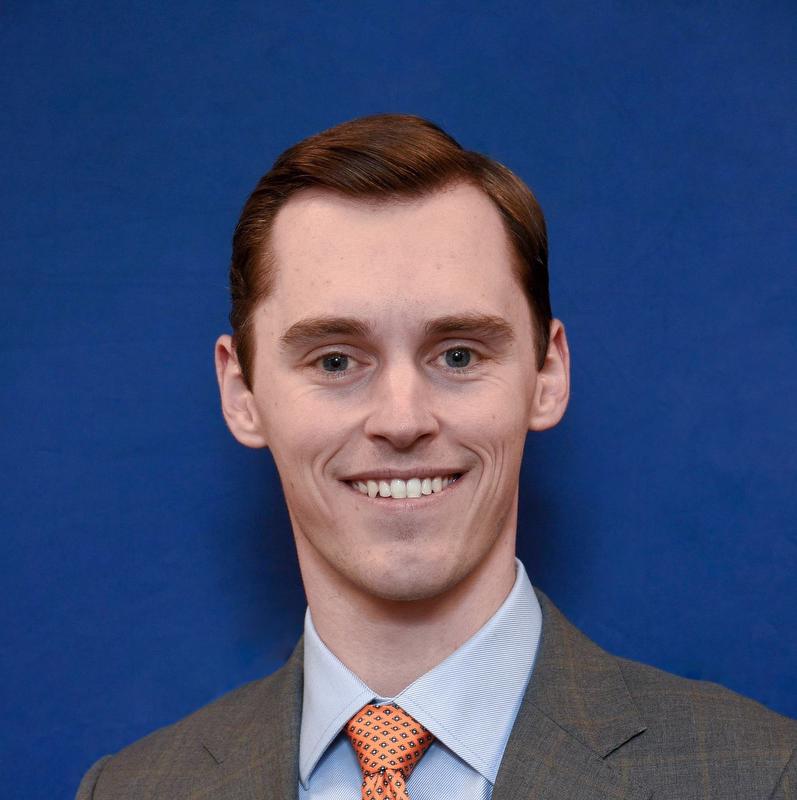 TL1 Trainee · News
TL1 Trainee · News
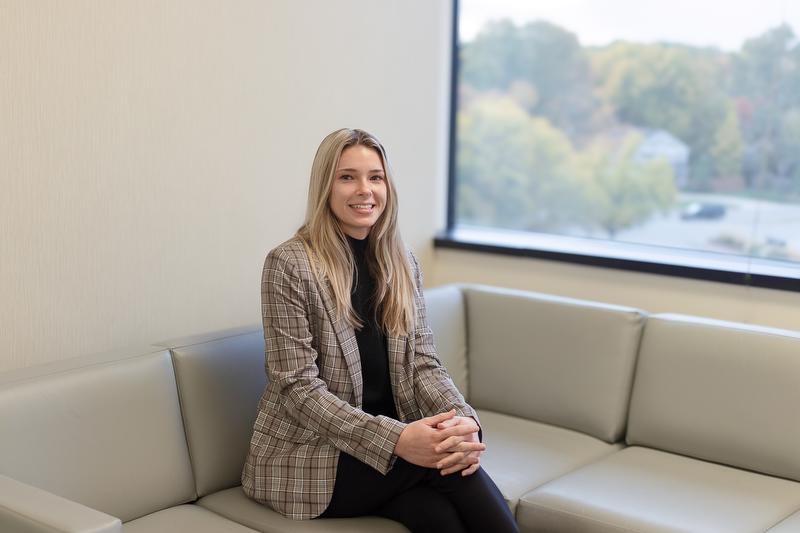
 TL1 Trainee · News
TL1 Trainee · News
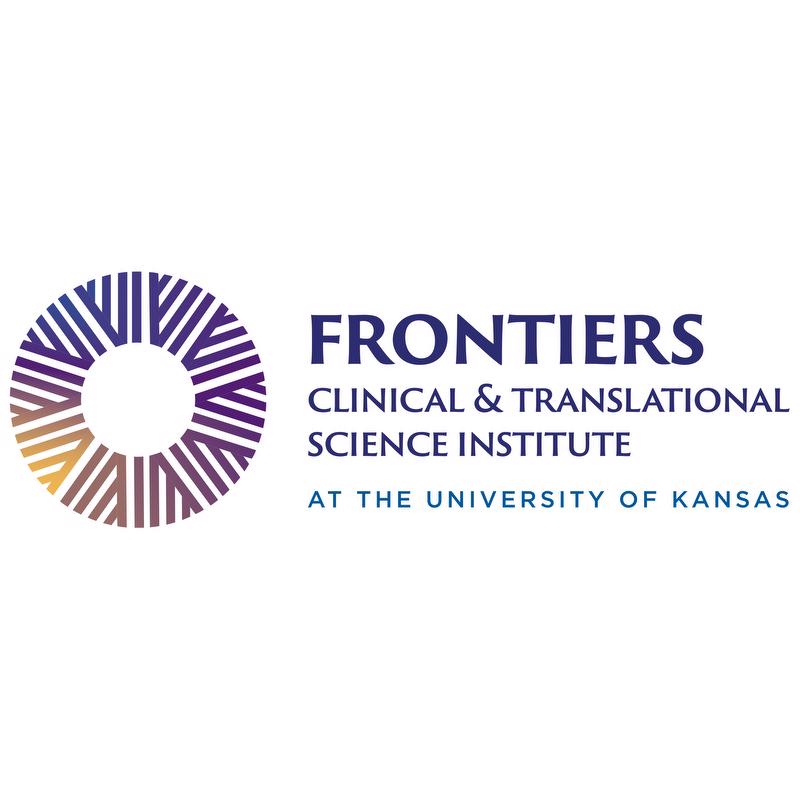 Services · News
Services · News
 News
News
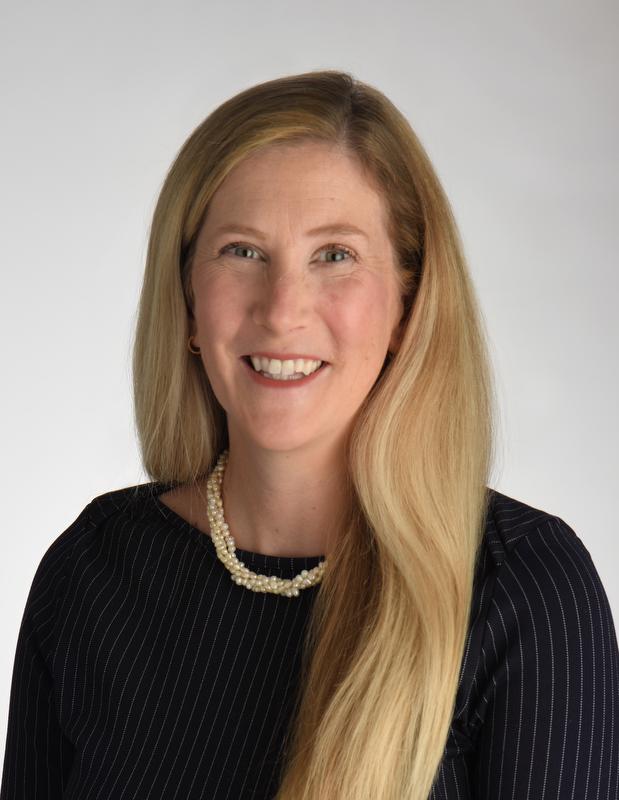 Funded Projects · News
Funded Projects · News
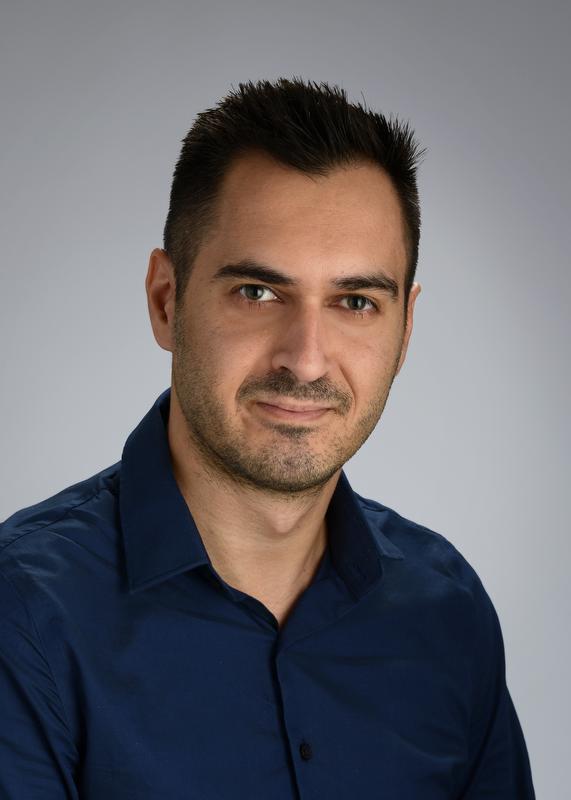 Funded Projects · News
Funded Projects · News
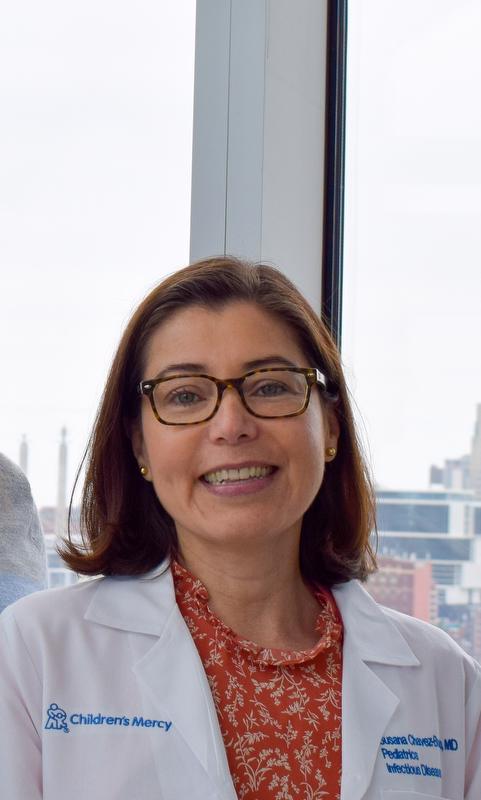 Funded Projects · News
Funded Projects · News
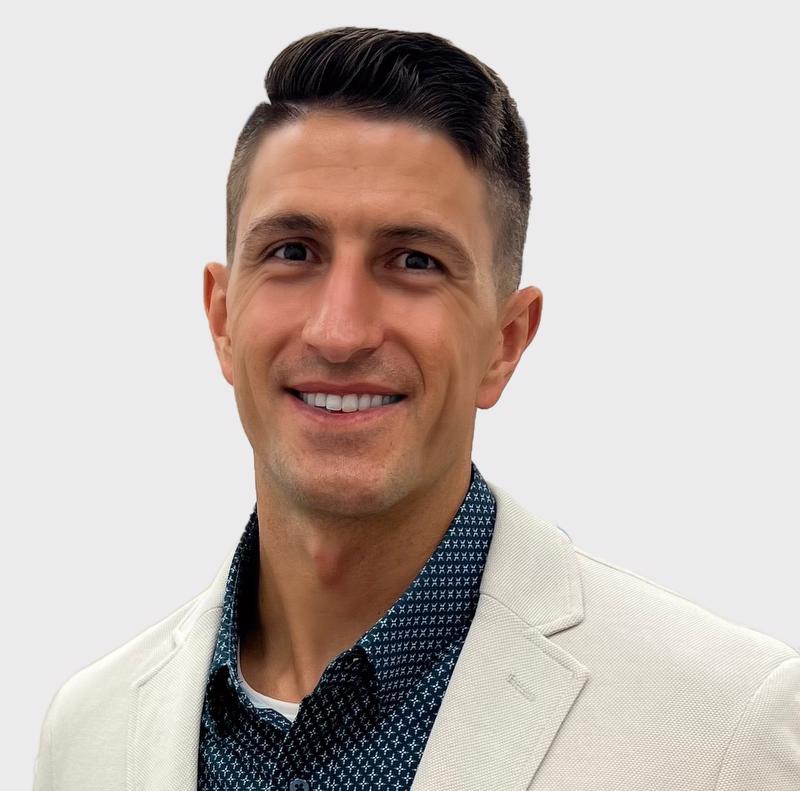 TL1 Trainee · News
TL1 Trainee · News
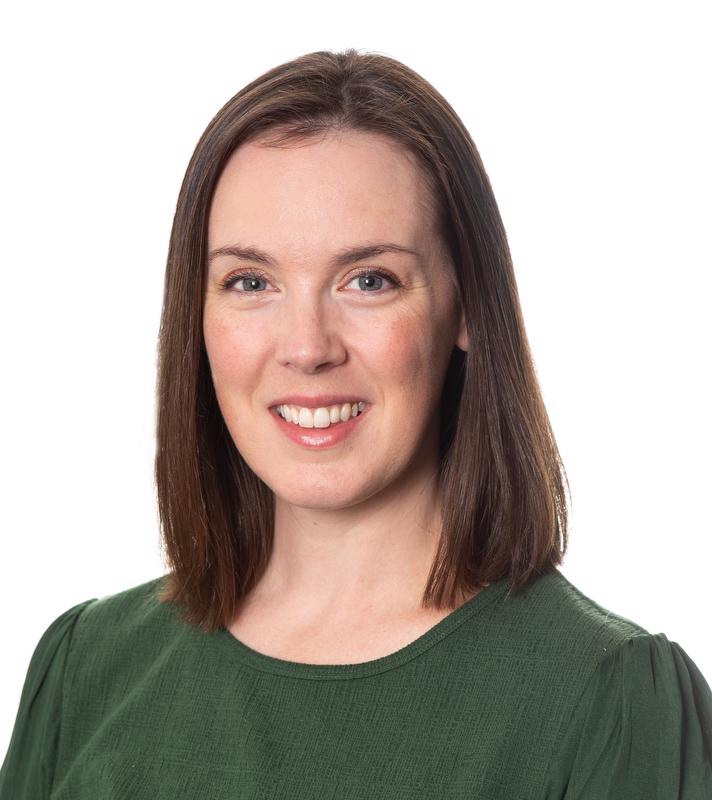 KL2 Scholar · News
KL2 Scholar · News
 Funded Projects · News
Funded Projects · News
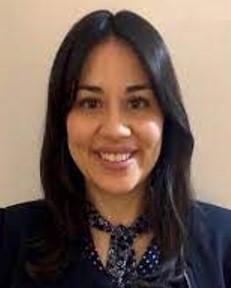 News
News
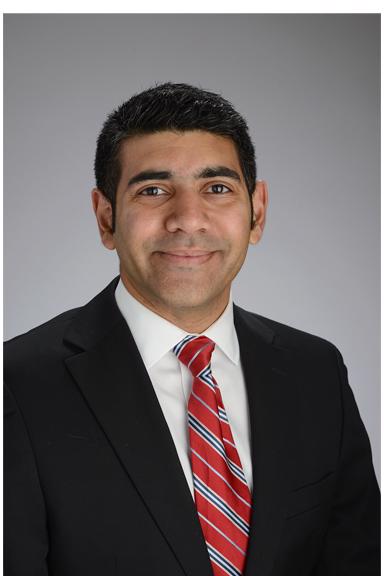 News
News
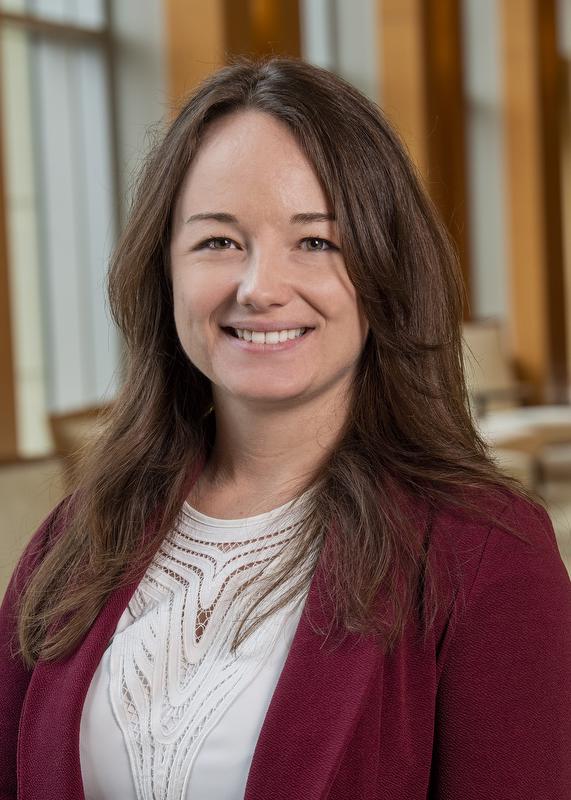 News
News
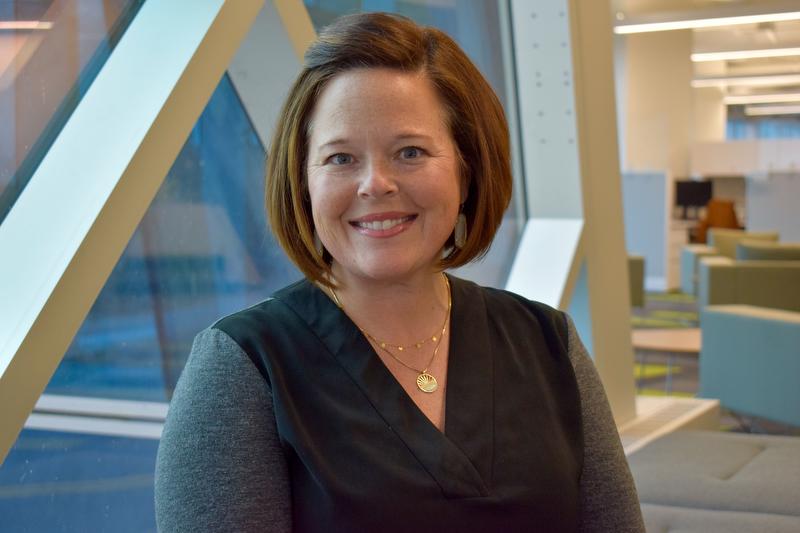 News
News
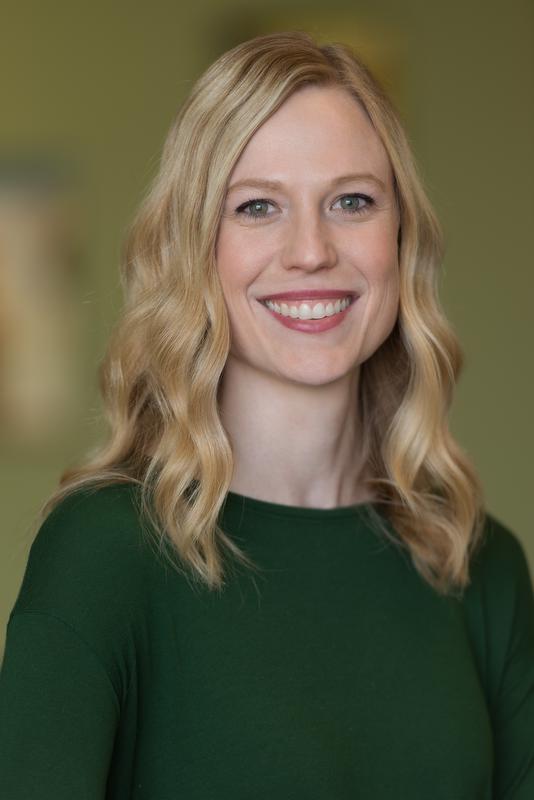 News
News
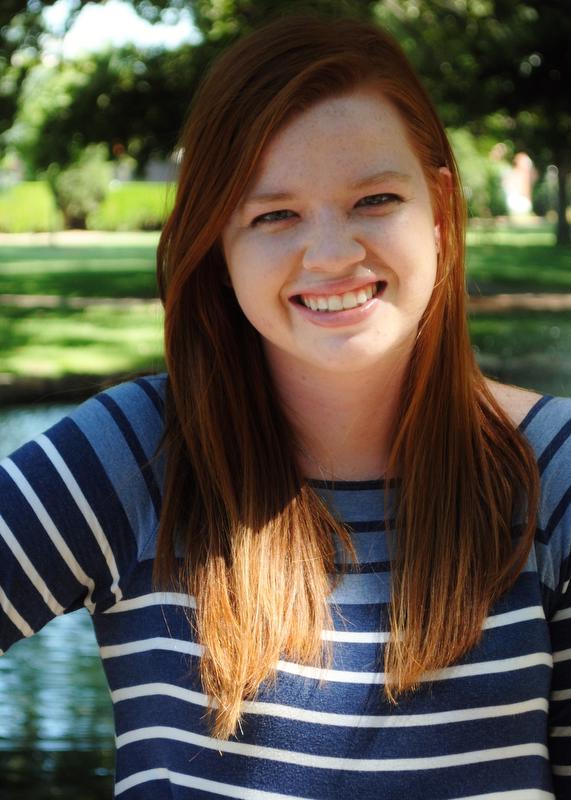 News
News
 News
News
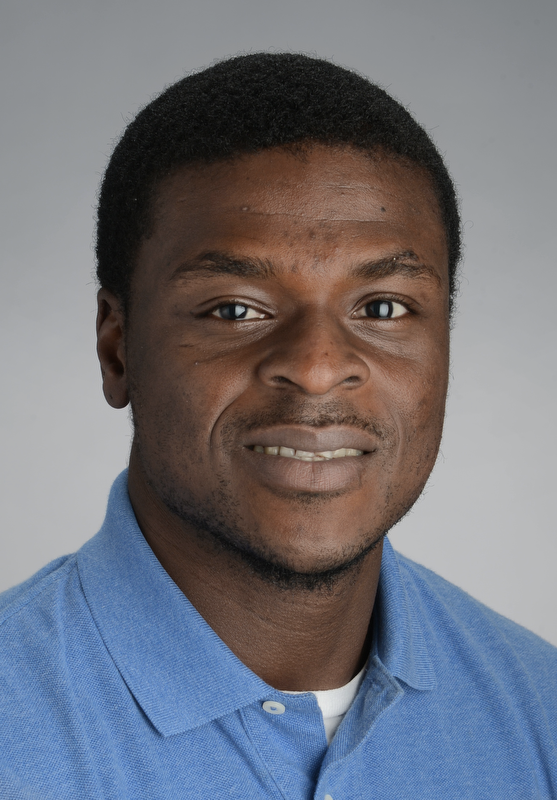 News
News
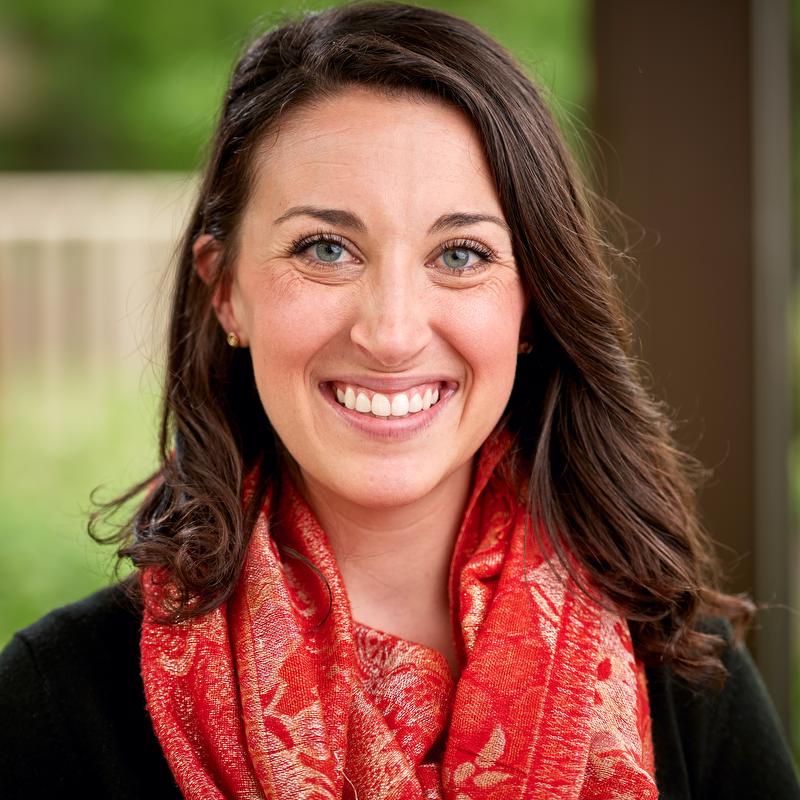 News
News
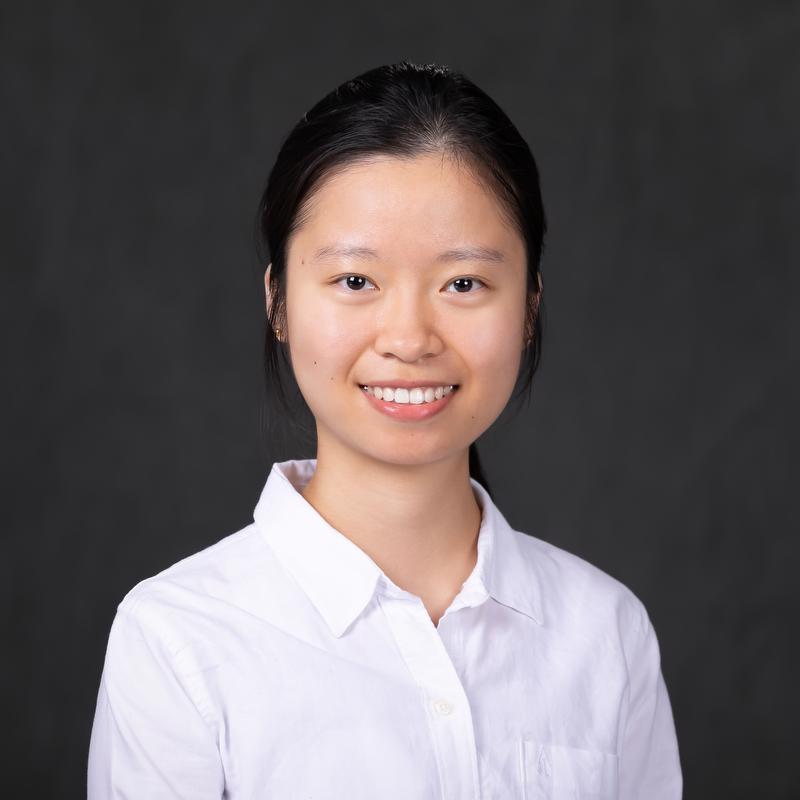 News
News
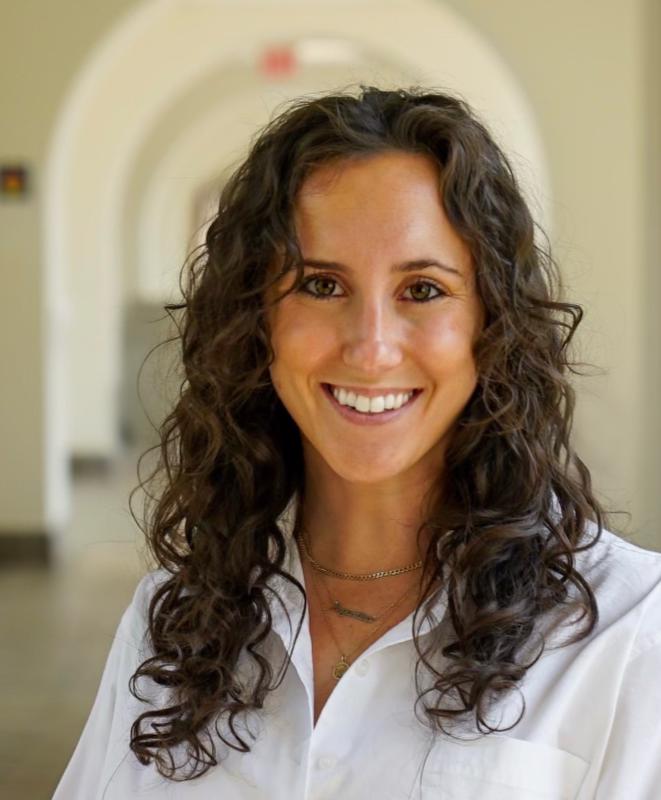 News
News
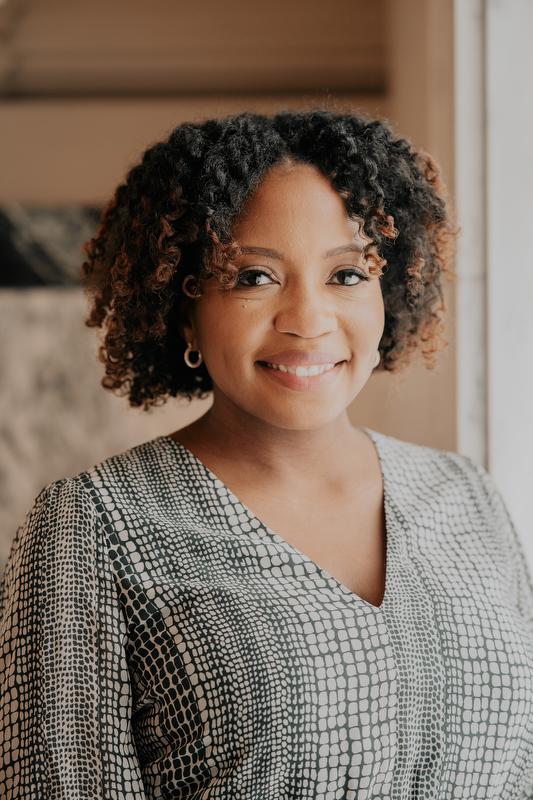 News
News
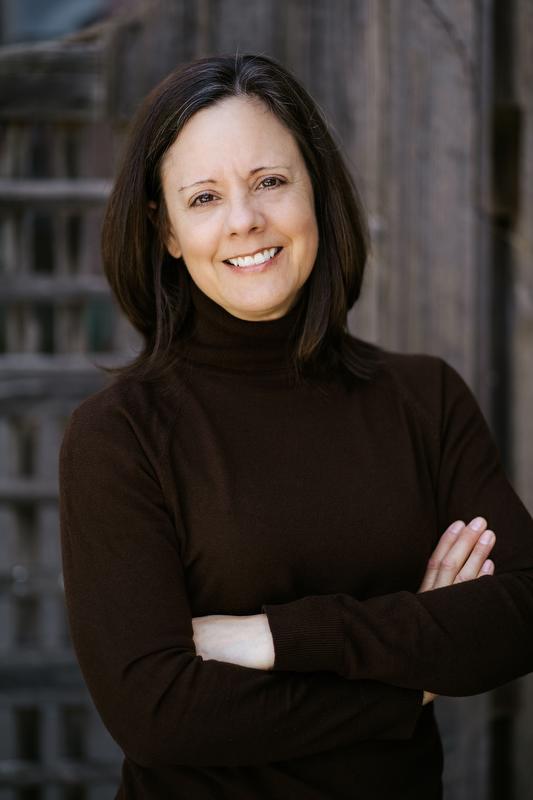 News
News
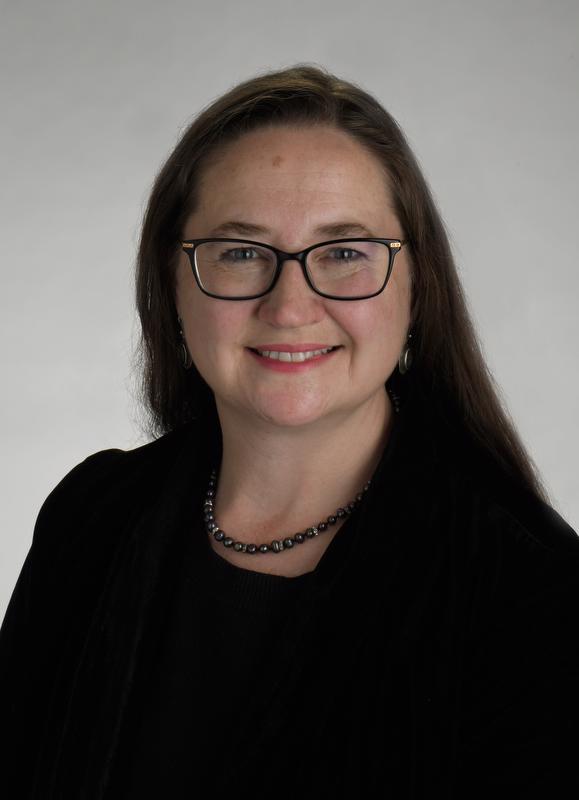 News
News
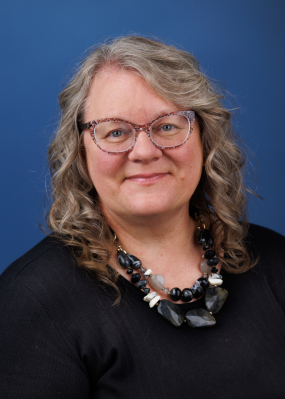 Funded Projects · News
Funded Projects · News
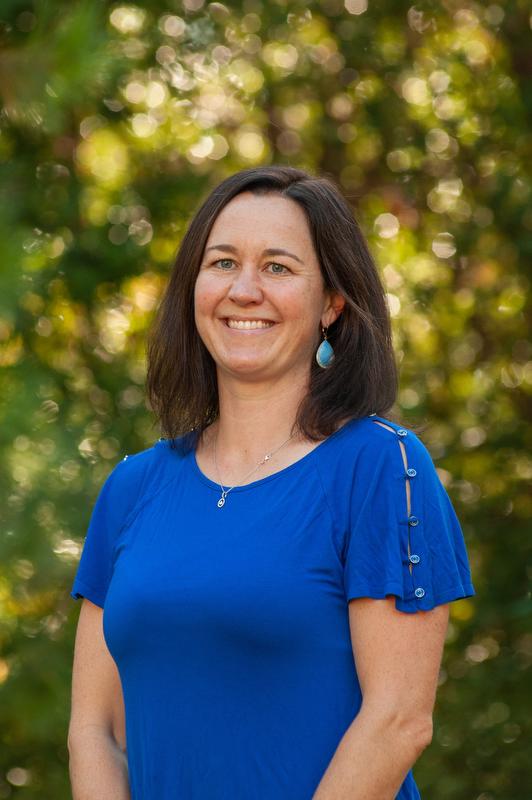 Funded Projects · News
Funded Projects · News
 KL2 Scholar · News
KL2 Scholar · News
 News
News
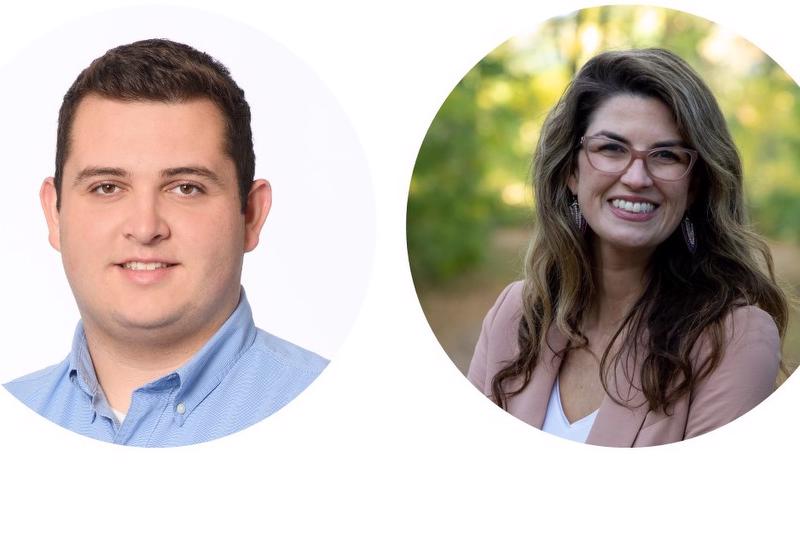 News
News
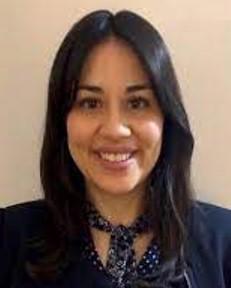 KL2 Scholar · News
KL2 Scholar · News
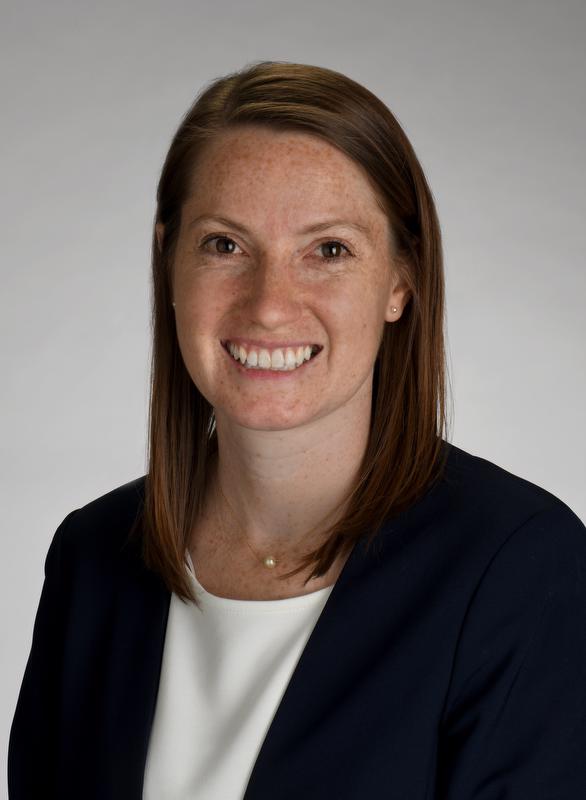 KL2 Scholar
KL2 Scholar
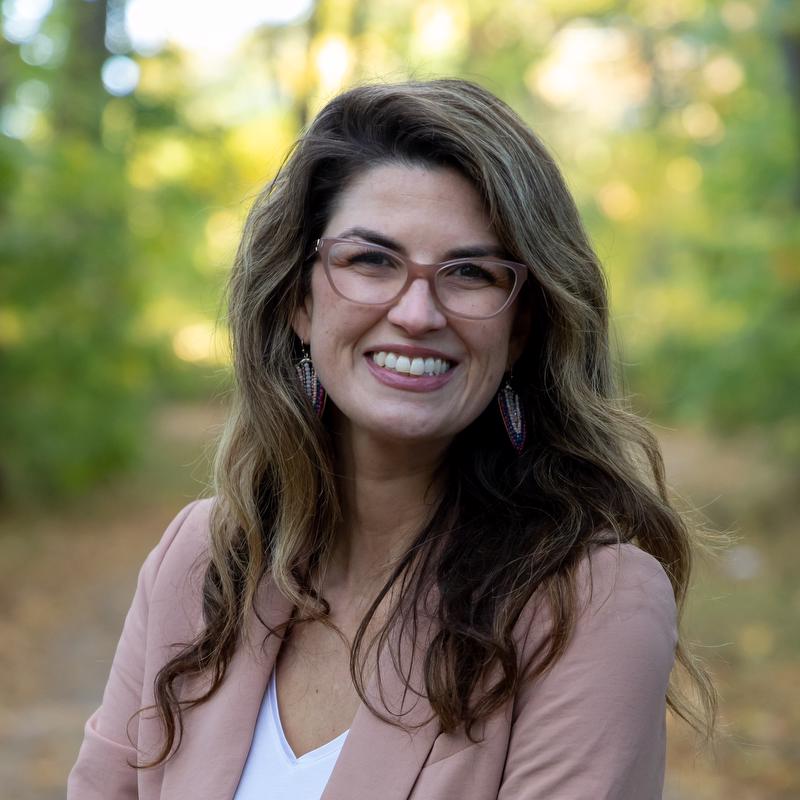 News
News
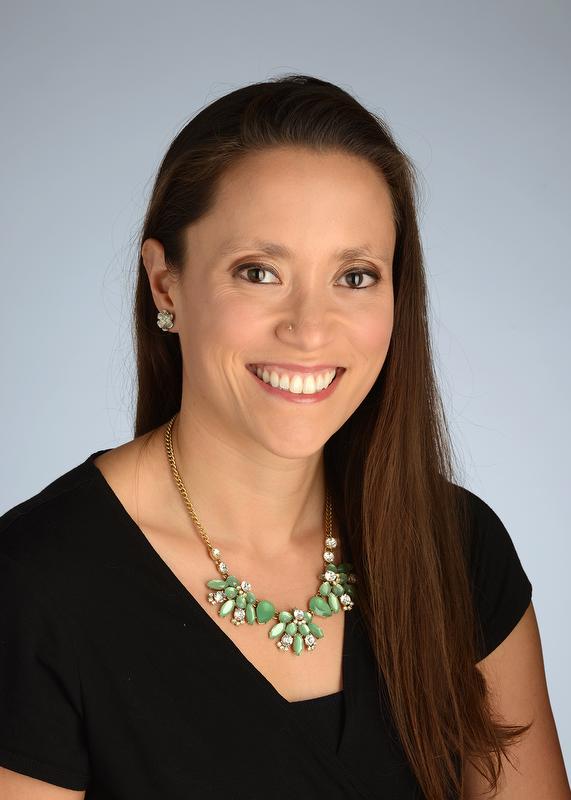 News
News
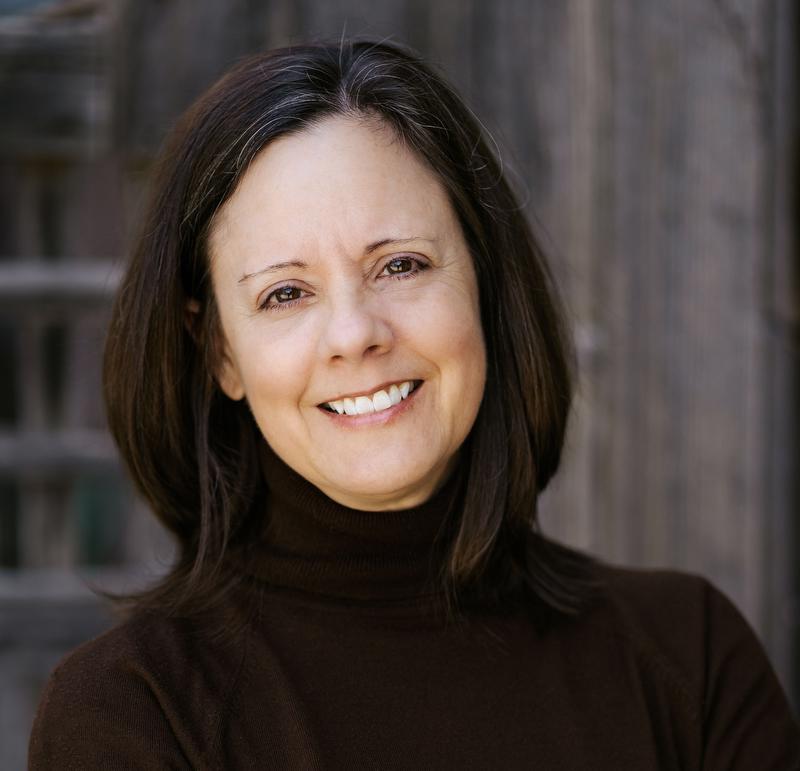 KL2 Scholar · News
KL2 Scholar · News
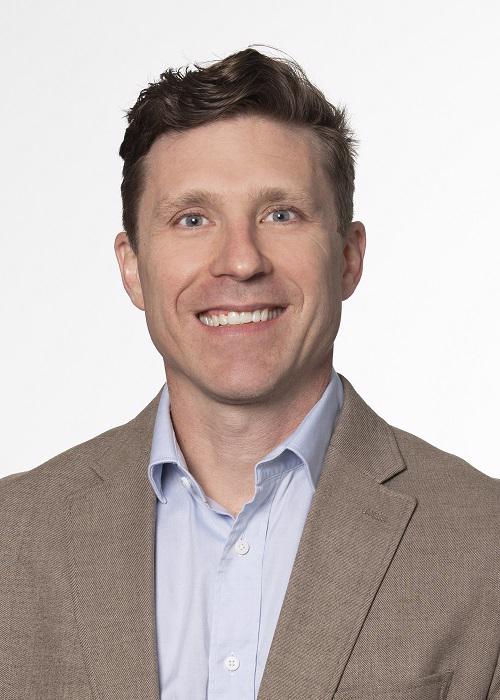 News
News
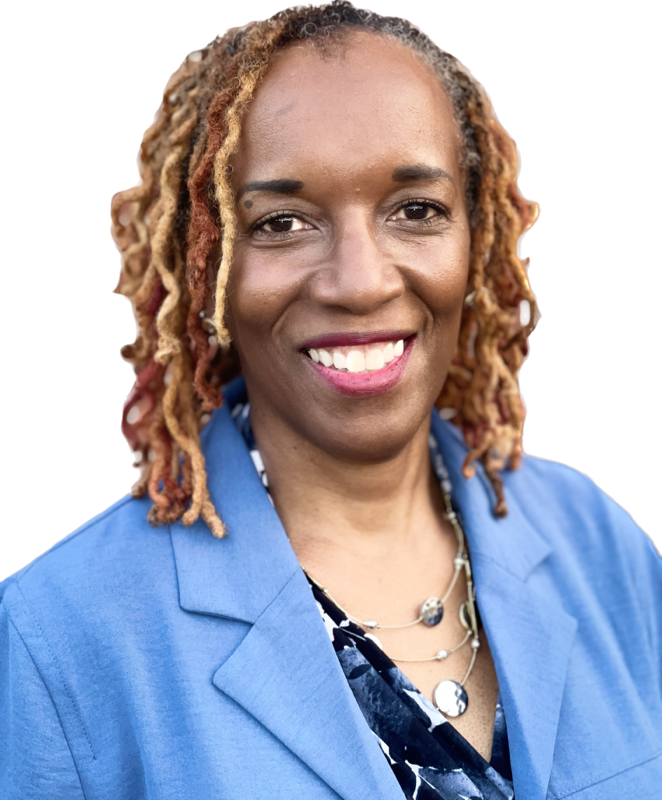 News · In the Community · Funded Projects
News · In the Community · Funded Projects
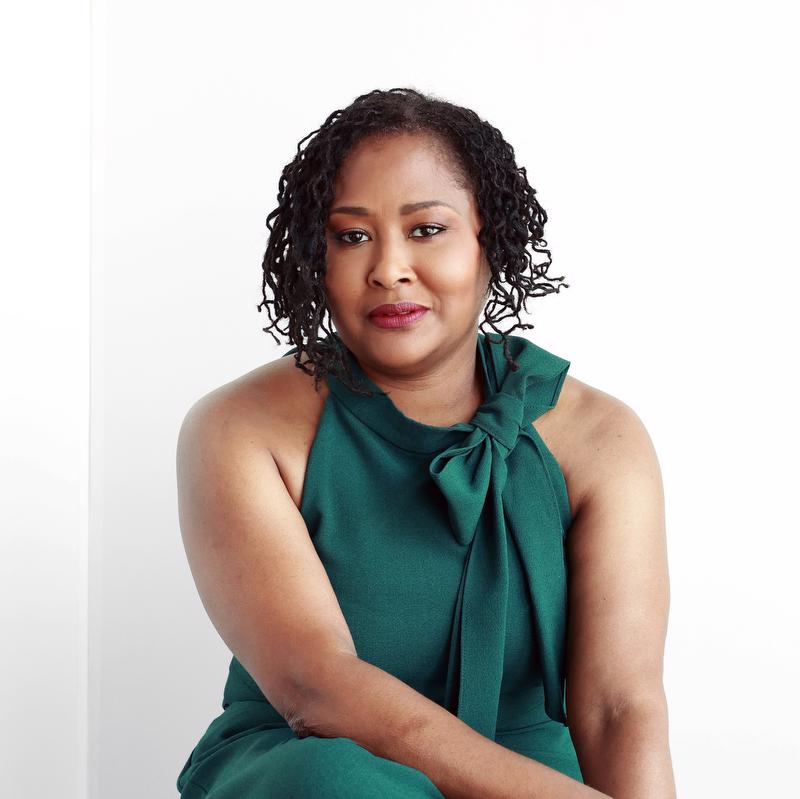 Funded Projects · News
Funded Projects · News
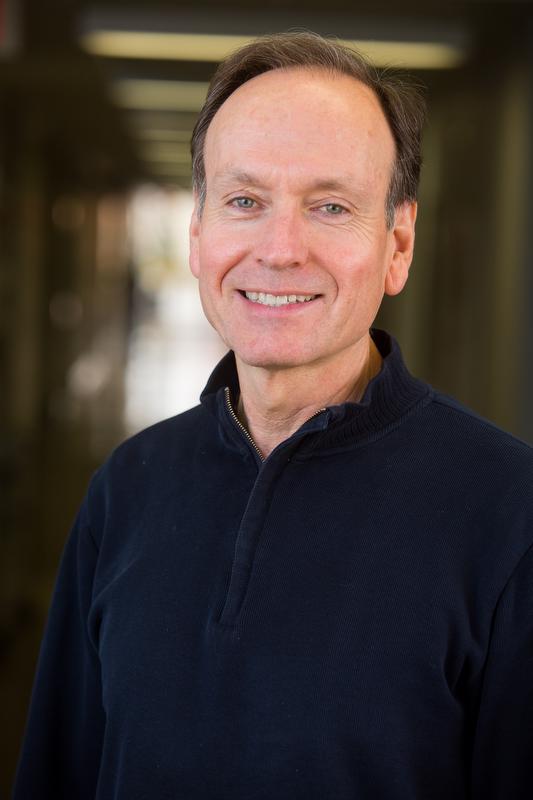 Funded Projects · News
Funded Projects · News
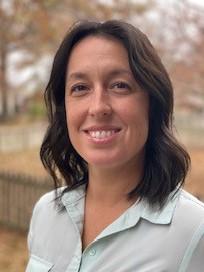 Funded Projects · News
Funded Projects · News
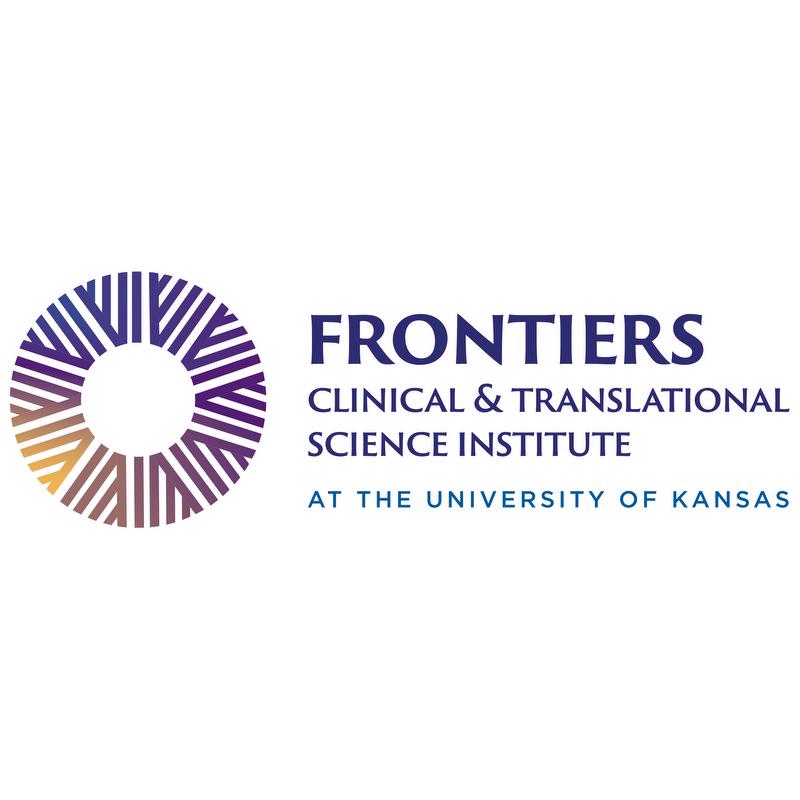 Funded Projects · News
Funded Projects · News
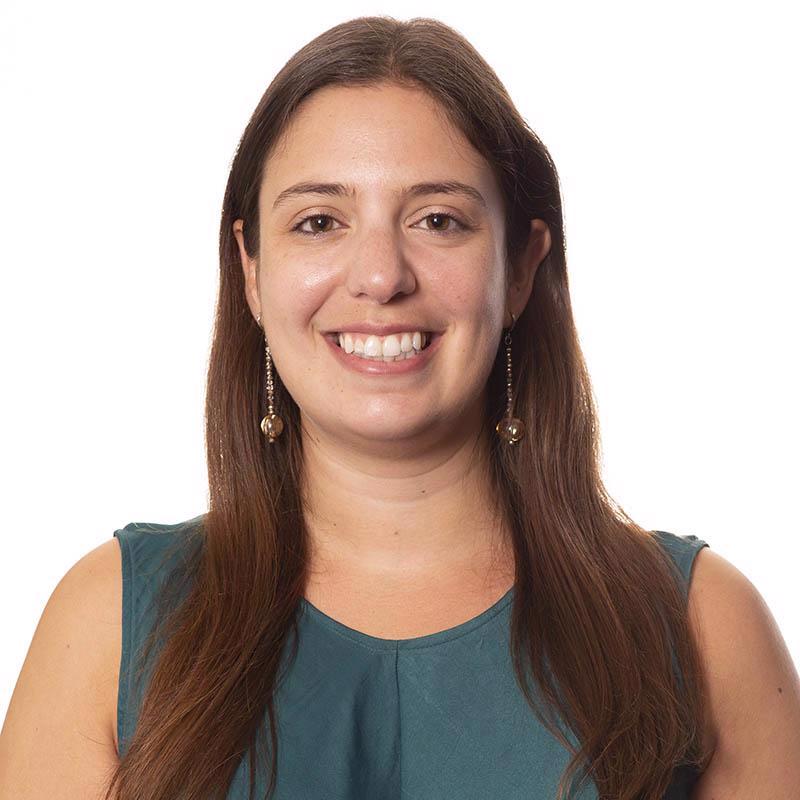 News
News
 Funded Projects · News
Funded Projects · News

 TL1 Trainee · News
TL1 Trainee · News
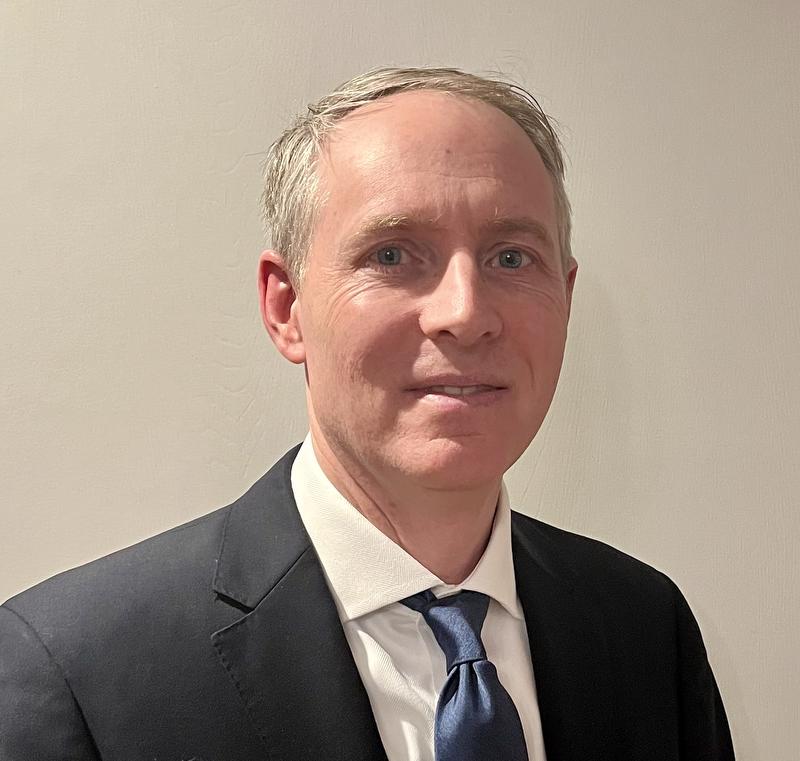 Funded Projects · News
Funded Projects · News
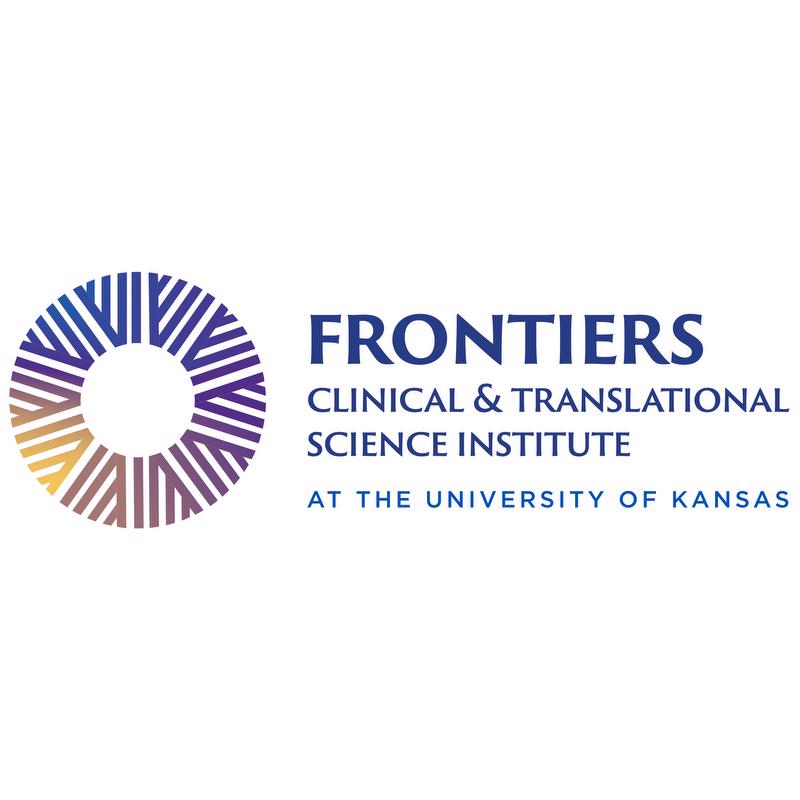 Events · News
Events · News
 Funded Projects · News
Funded Projects · News
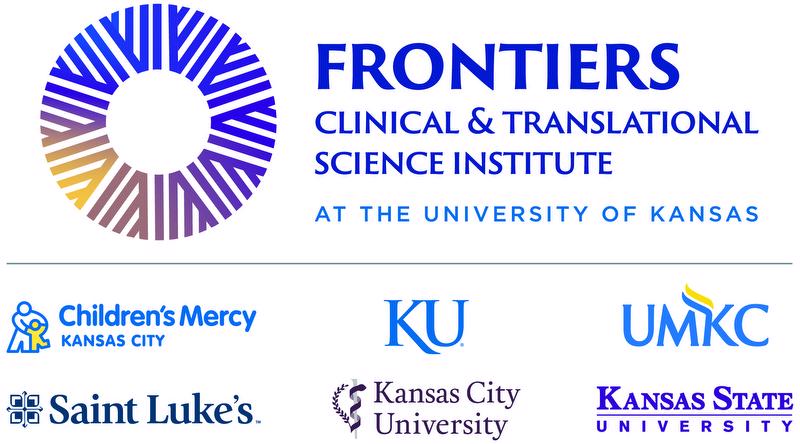
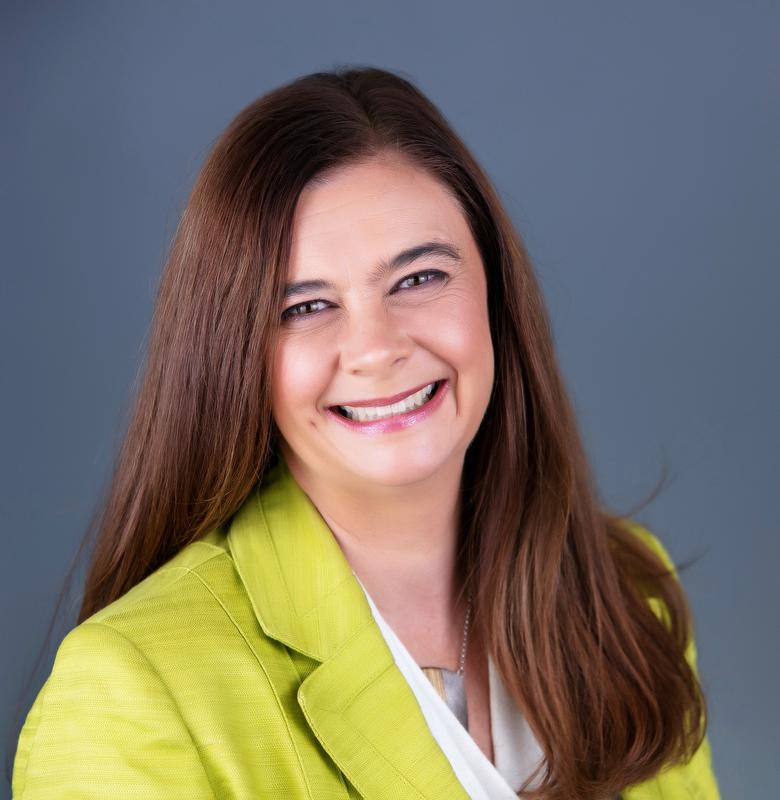 Funded Projects · News
Funded Projects · News
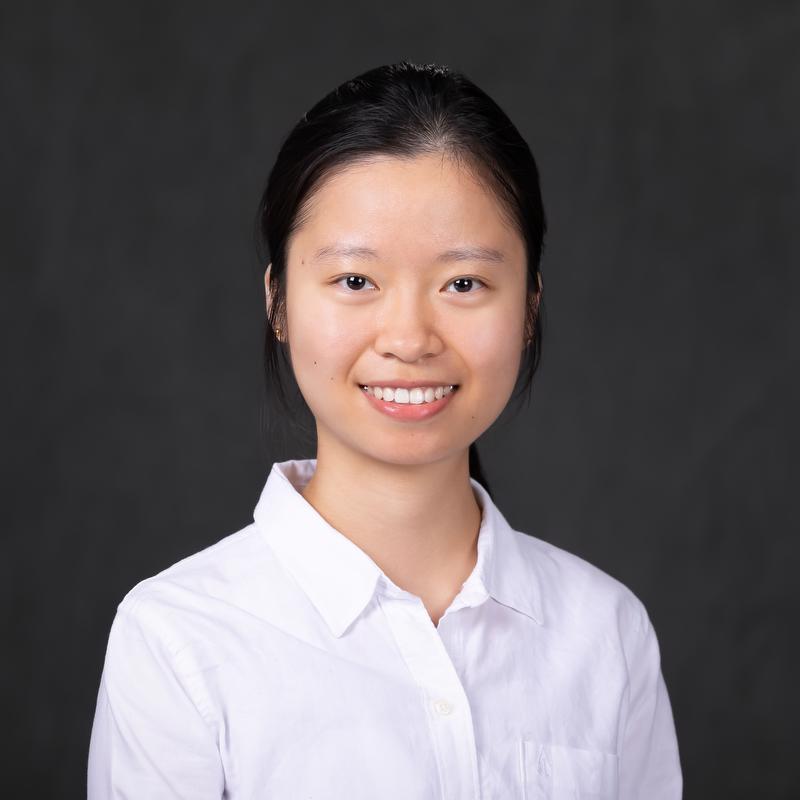 TL1 Trainee · News
TL1 Trainee · News
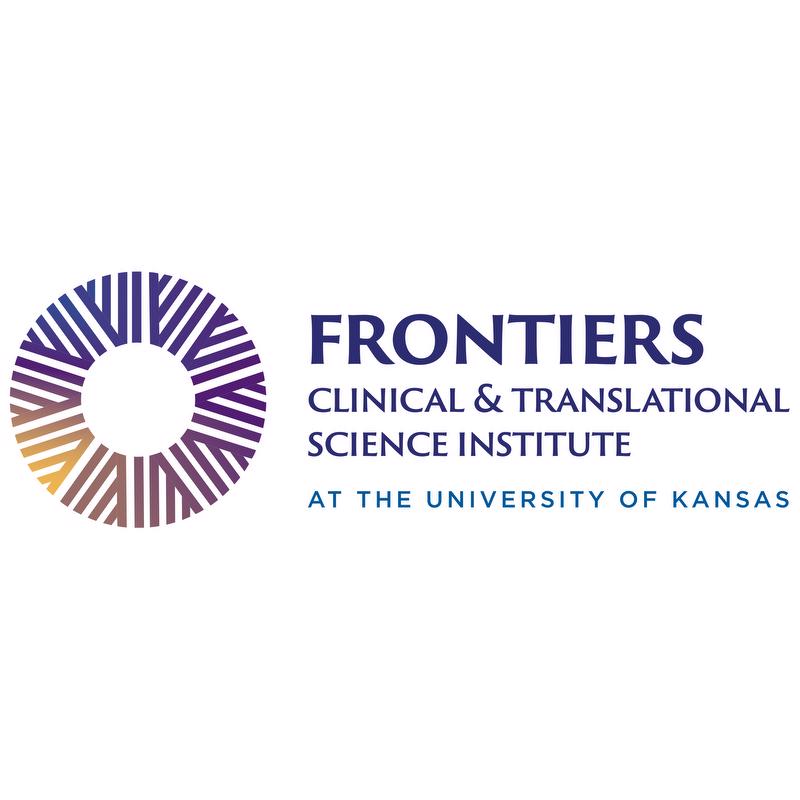 News · In the Community · Funded Projects
News · In the Community · Funded Projects
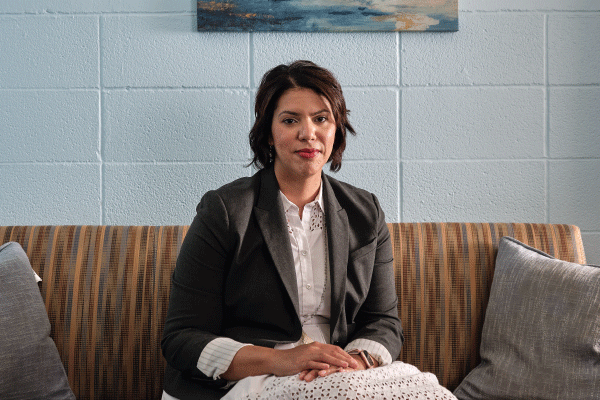 Funded Projects · News
Funded Projects · News
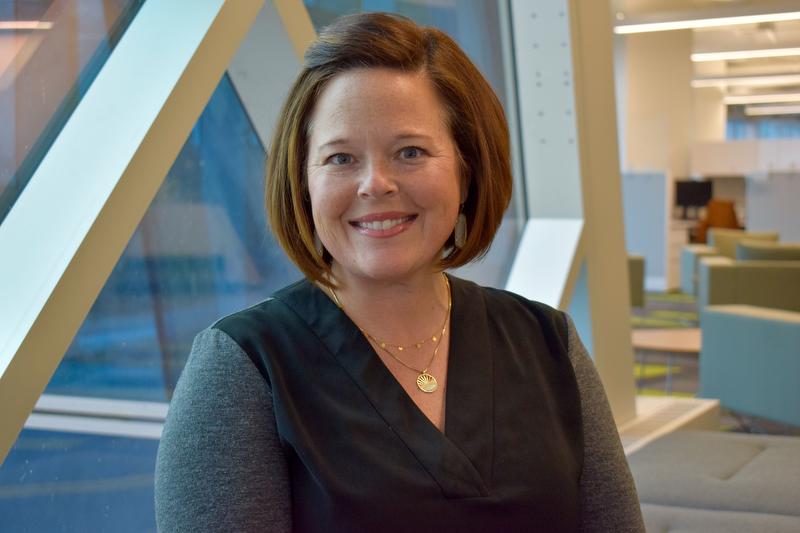 KL2 Scholar · News
KL2 Scholar · News
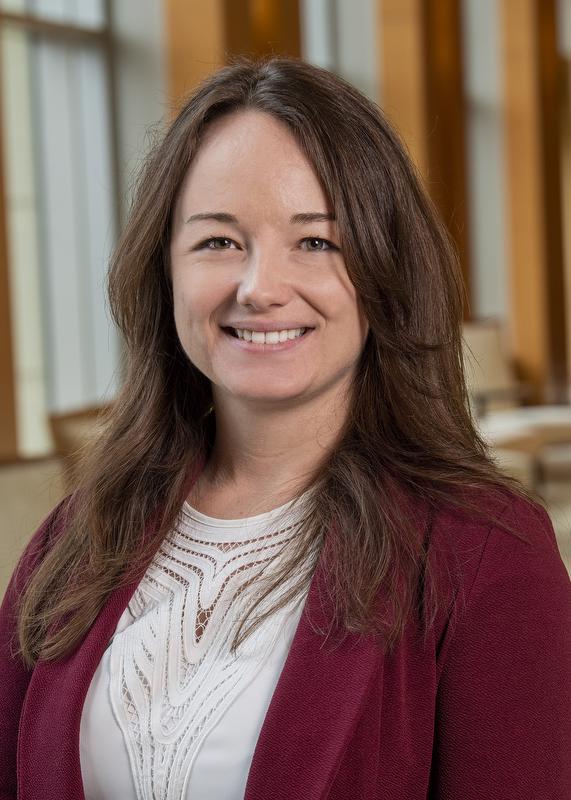 TL1 Trainee · News
TL1 Trainee · News
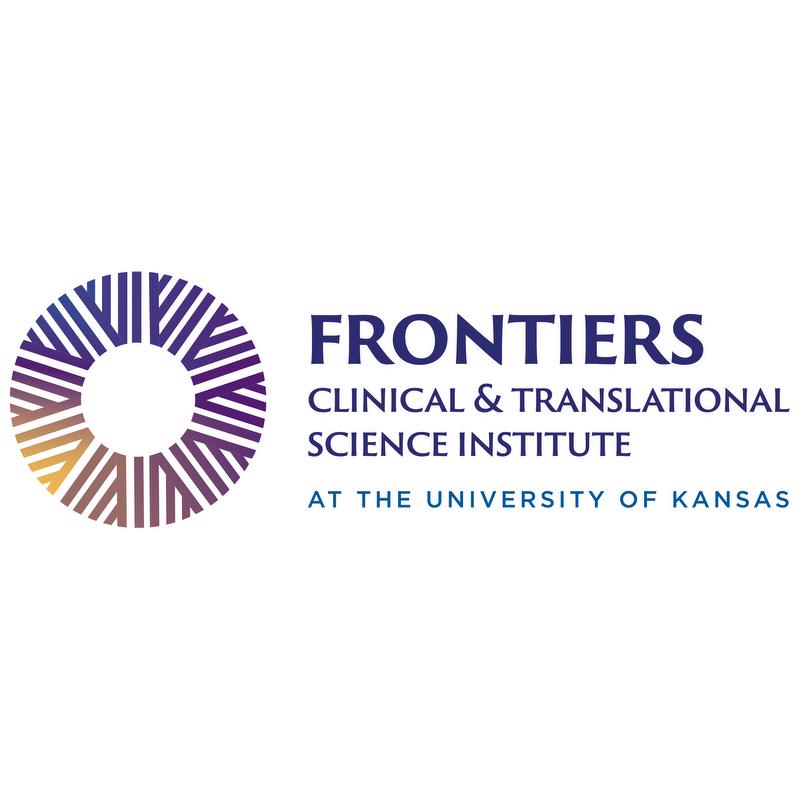 News
News
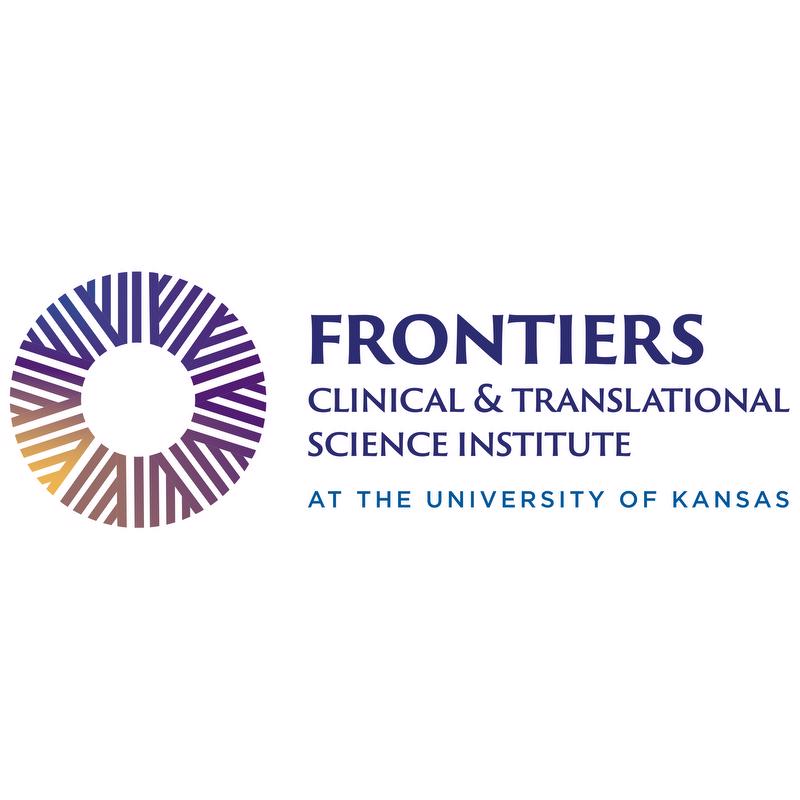 News
News
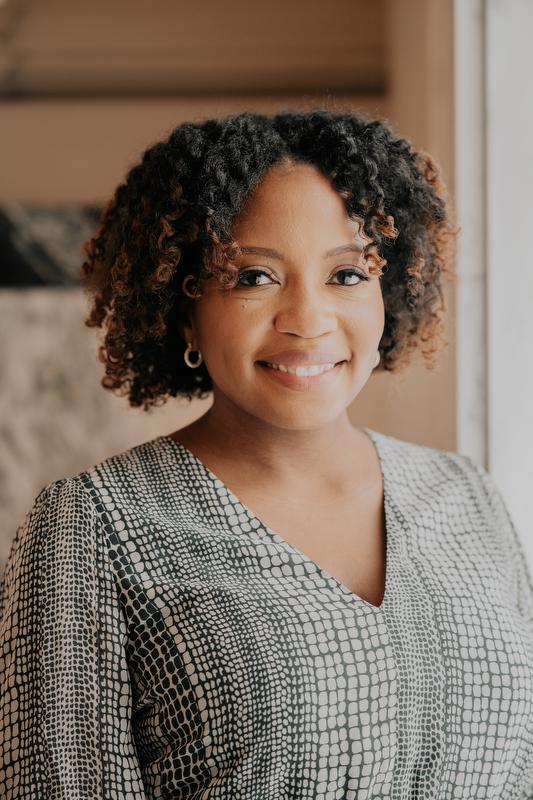 KL2 Scholar · News
KL2 Scholar · News
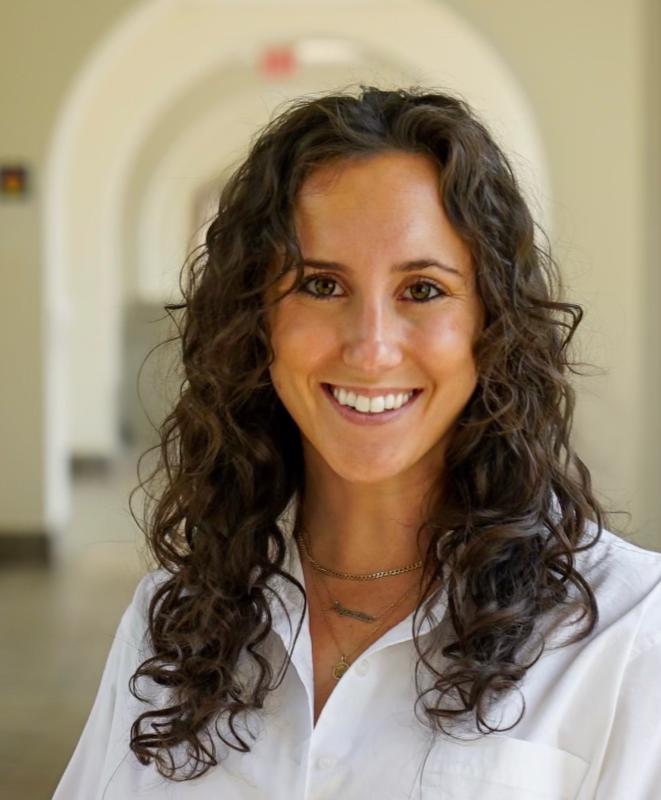 TL1 Trainee · News
TL1 Trainee · News
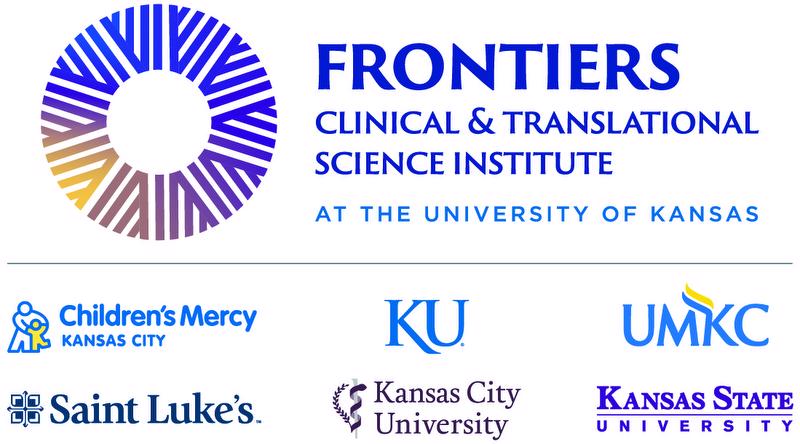 News
News
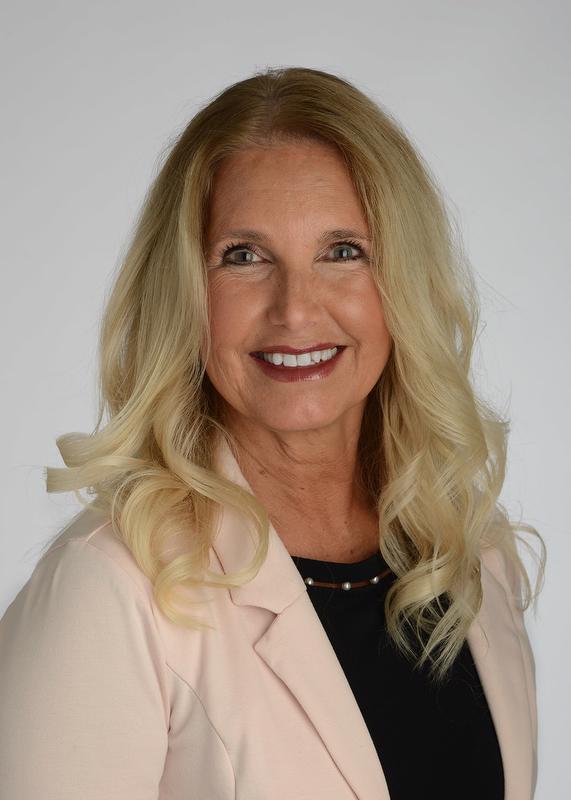 News
News
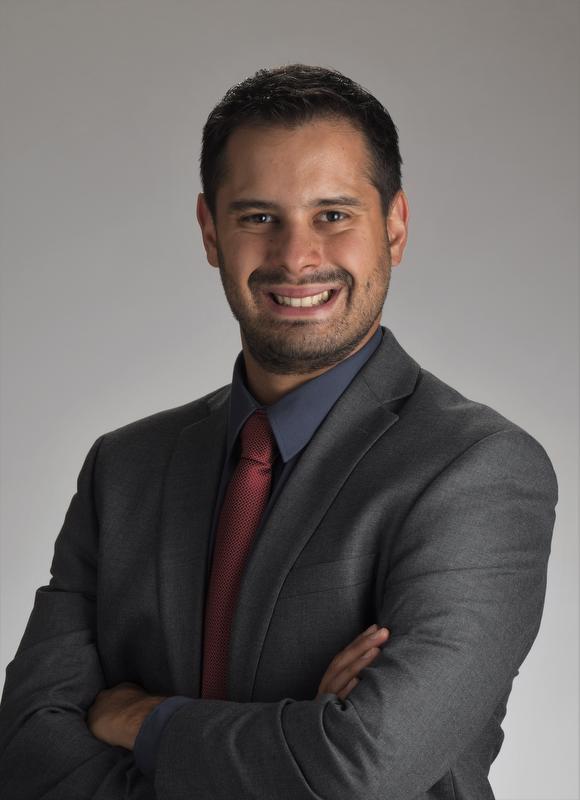 Funded Projects · News
Funded Projects · News
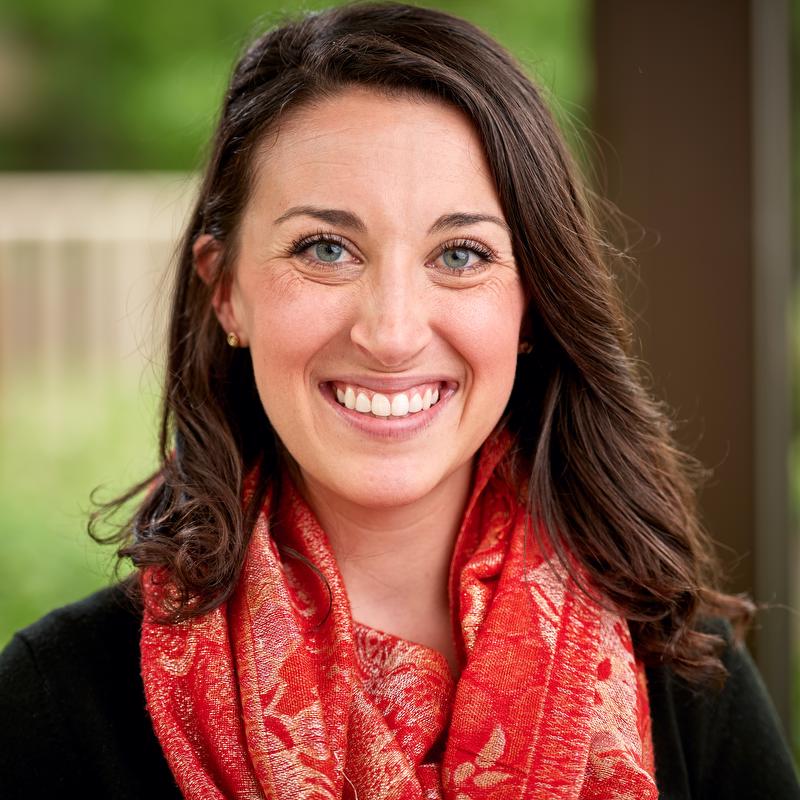 Events · News
Events · News
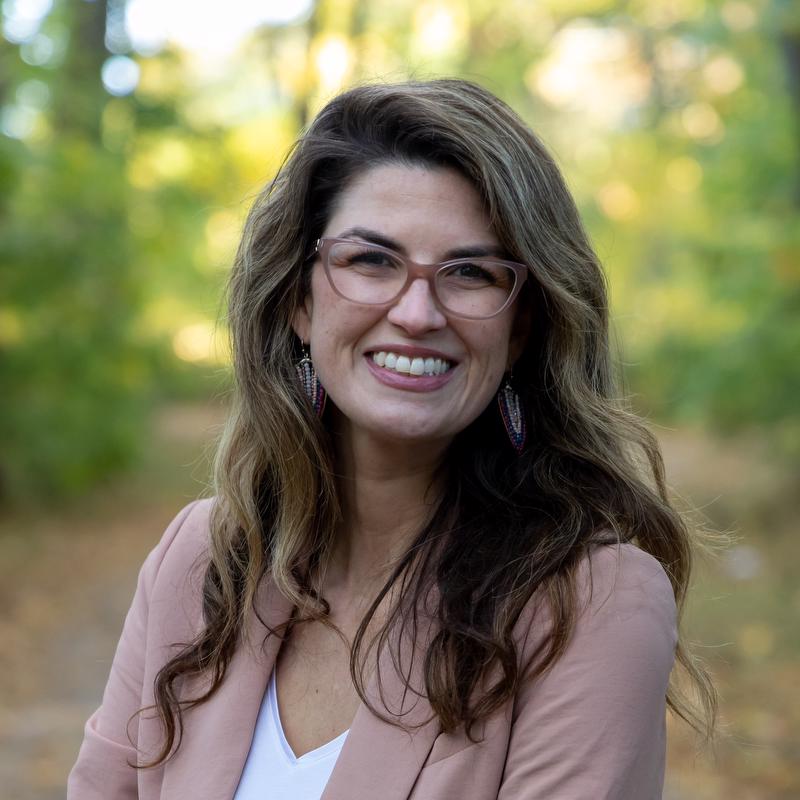
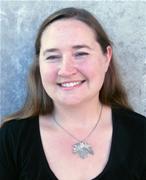 KL2 Scholar · News
KL2 Scholar · News
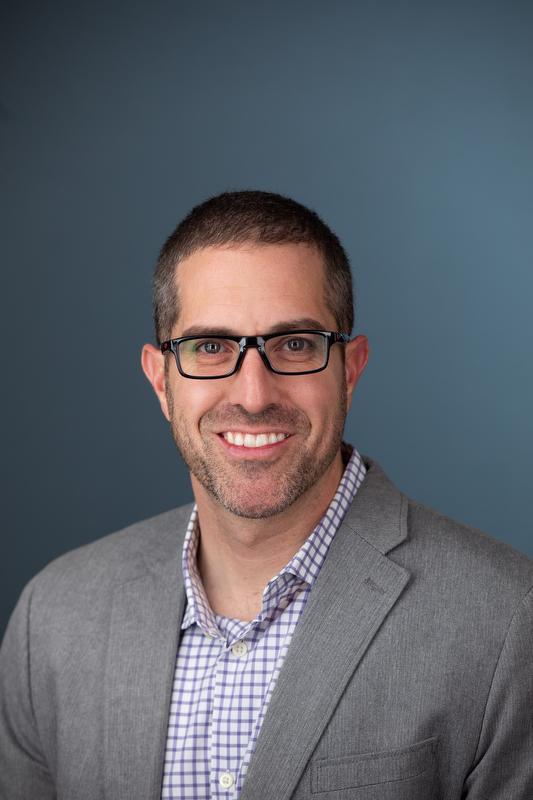 News
News

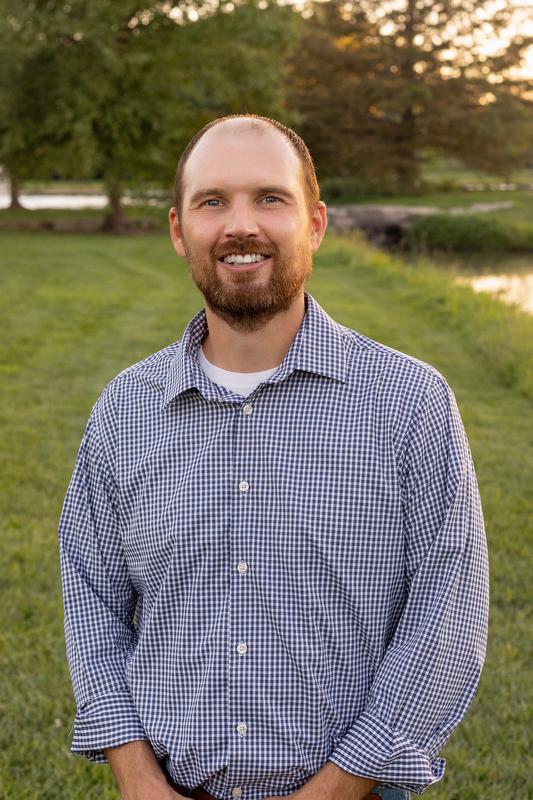 Funded Projects · News
Funded Projects · News
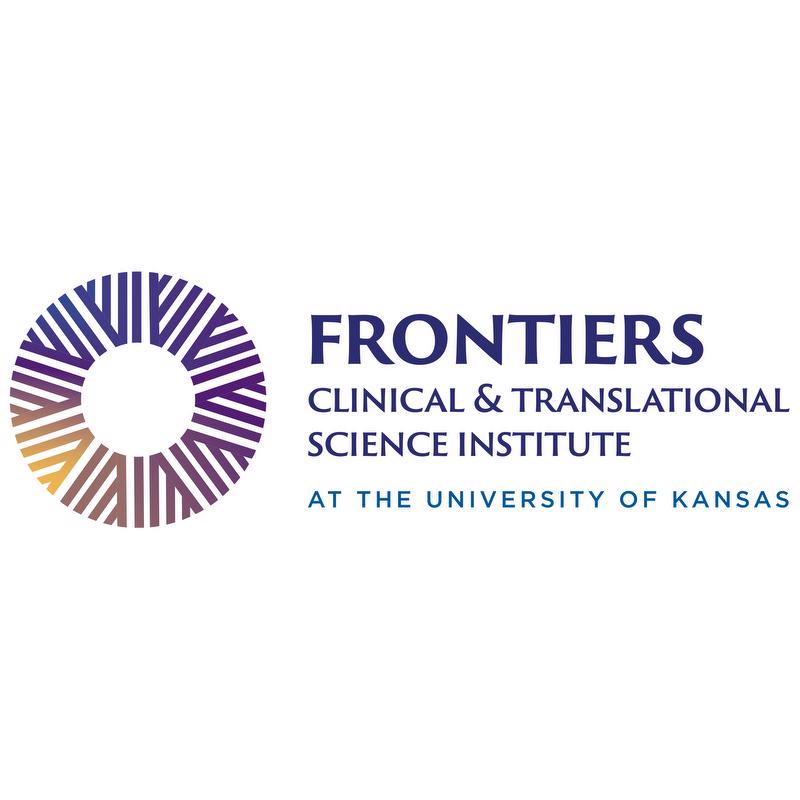 News
News
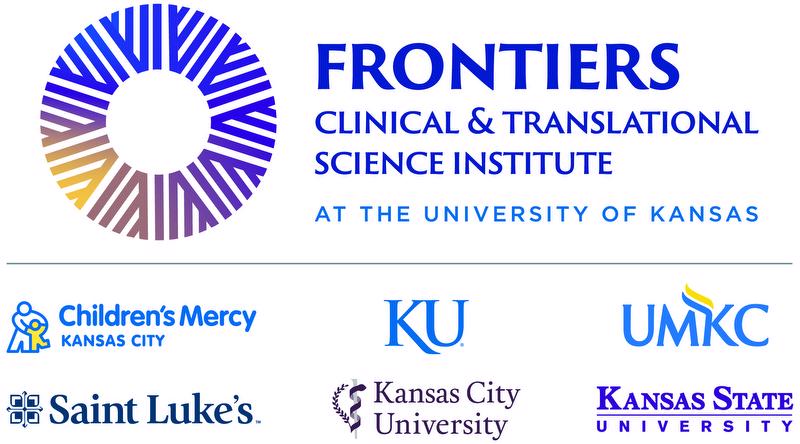 Partner News · News
Partner News · News
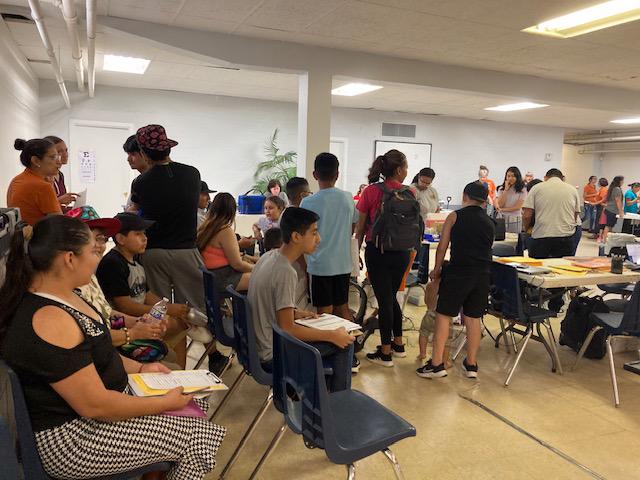 News · In the Community
News · In the Community
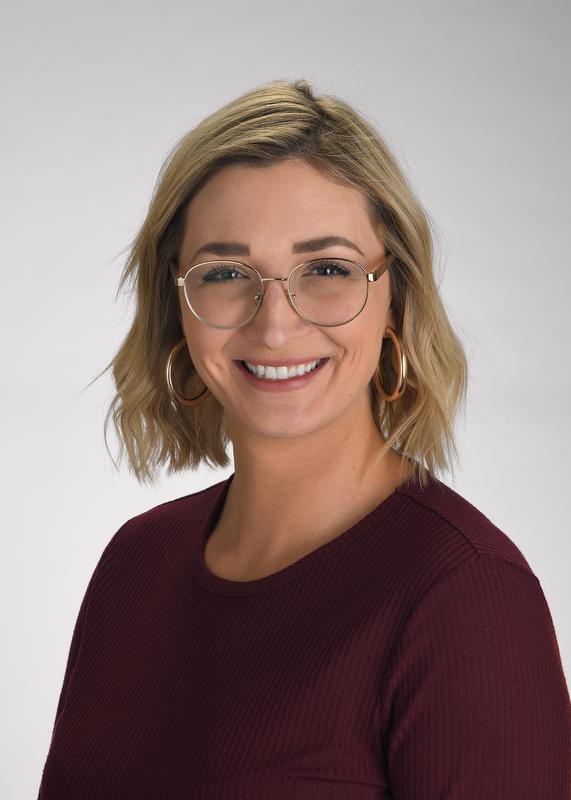
 0
0

 Funded Projects · News
Funded Projects · News
 Funded Projects · News
Funded Projects · News
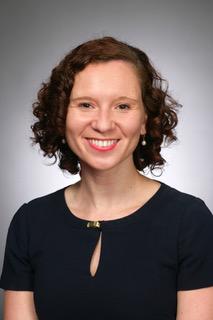 News
News
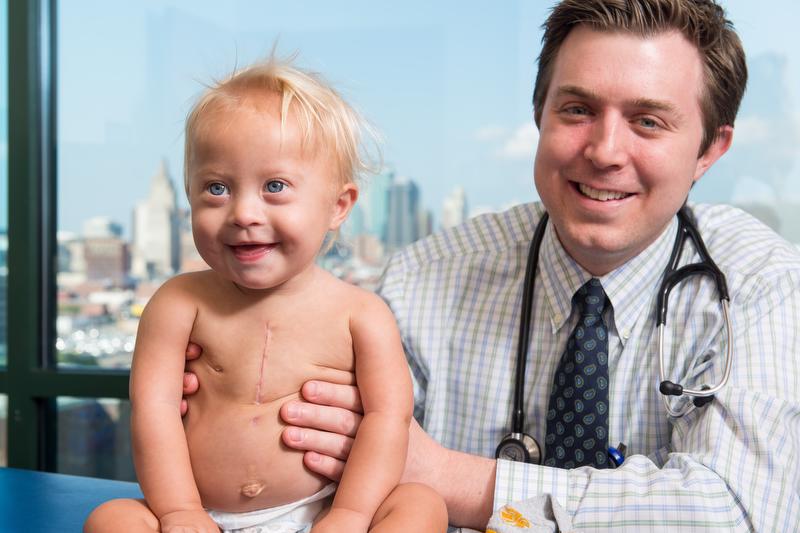 Funded Projects · News
Funded Projects · News
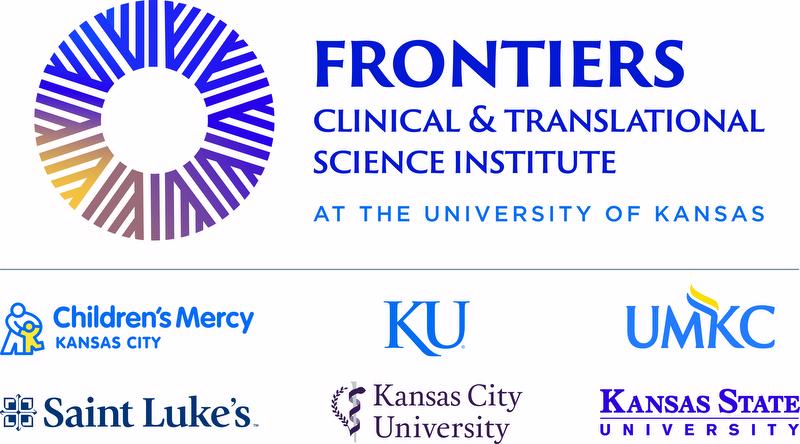 Funded Projects · News
Funded Projects · News
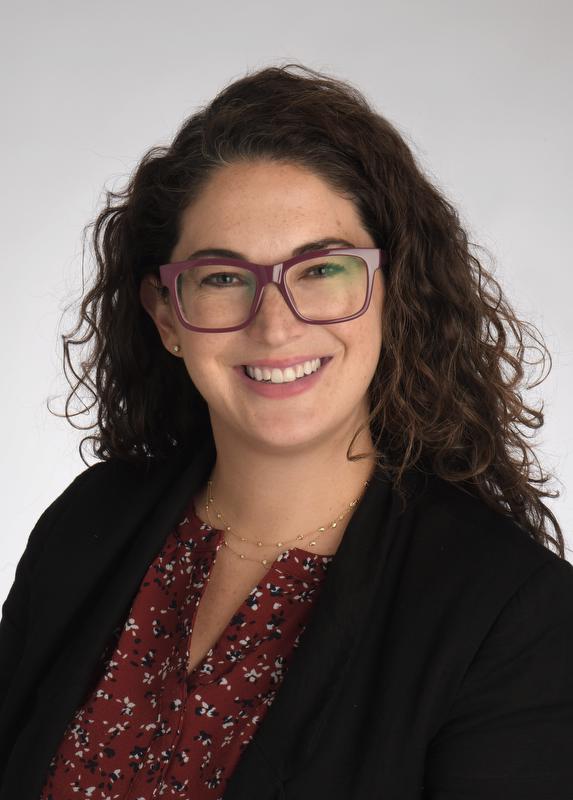 News
News
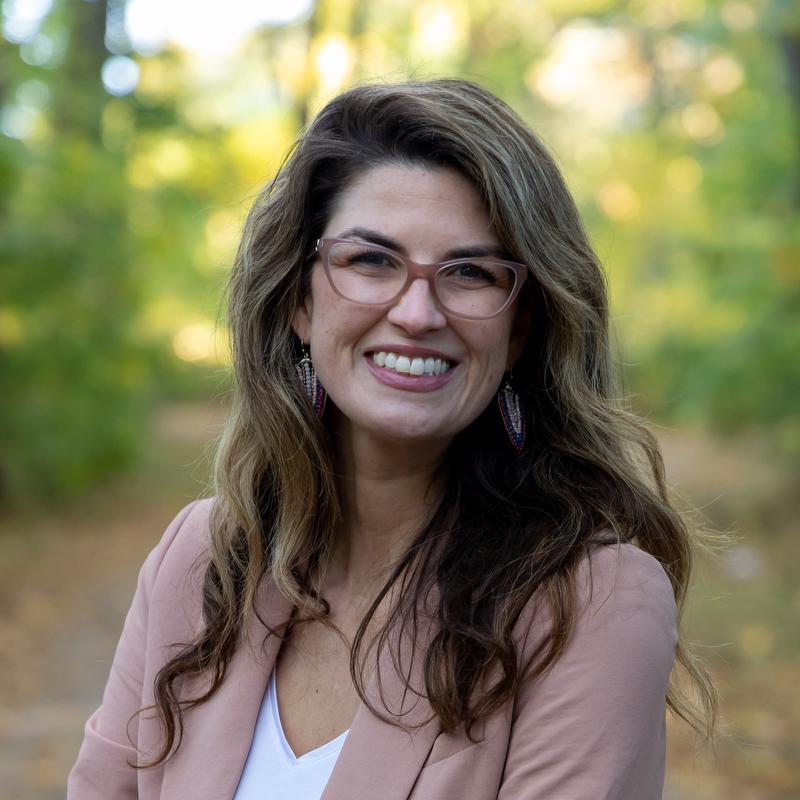 Events · News
Events · News
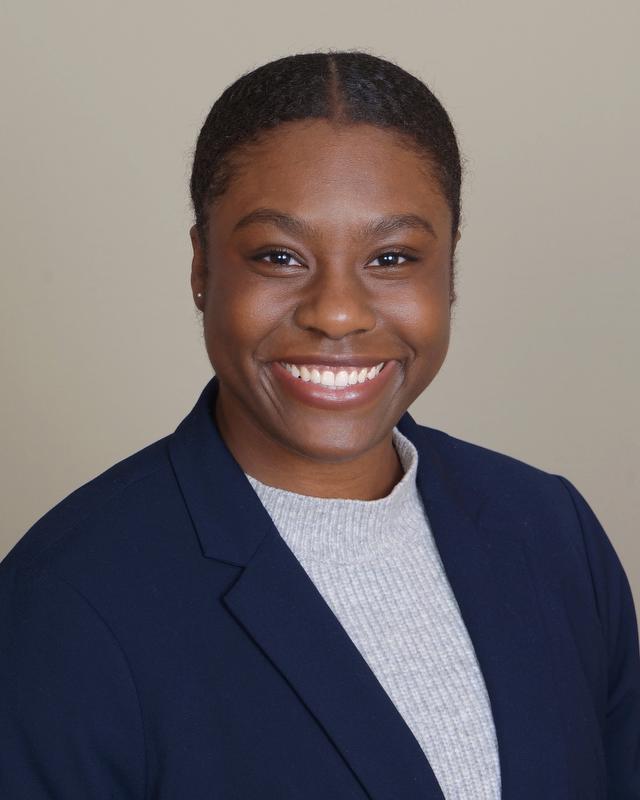 TL1 Trainee · News
TL1 Trainee · News
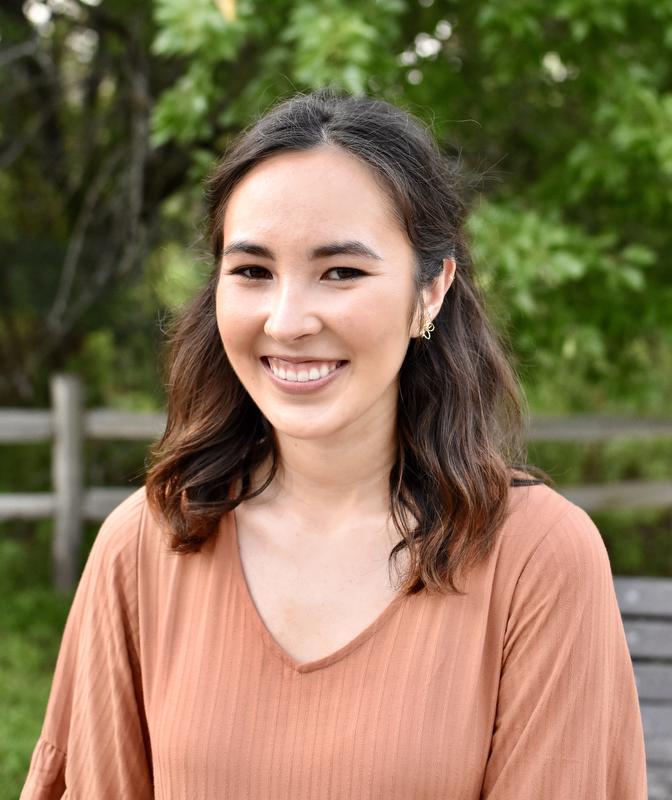 TL1 Trainee · News
TL1 Trainee · News
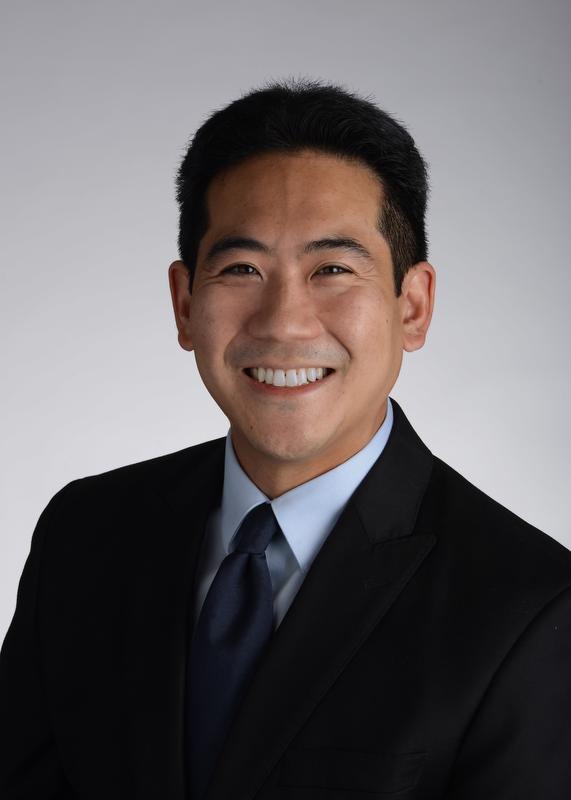 News
News
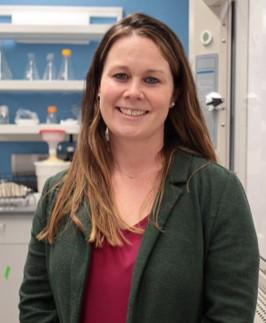 Funded Projects · News
Funded Projects · News
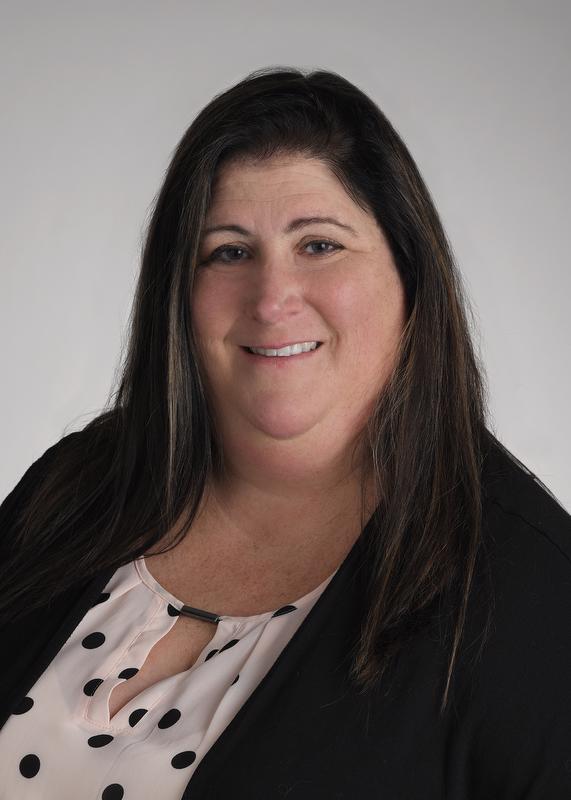 News
News
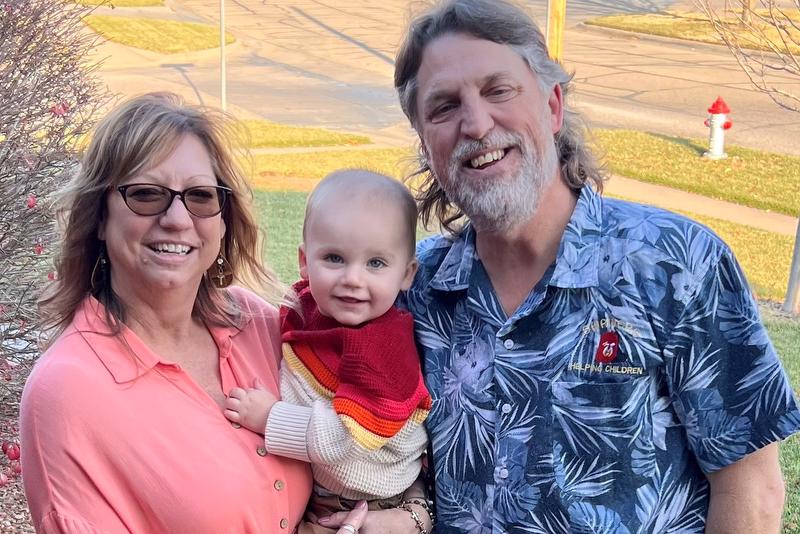 Partner News · News
Partner News · News
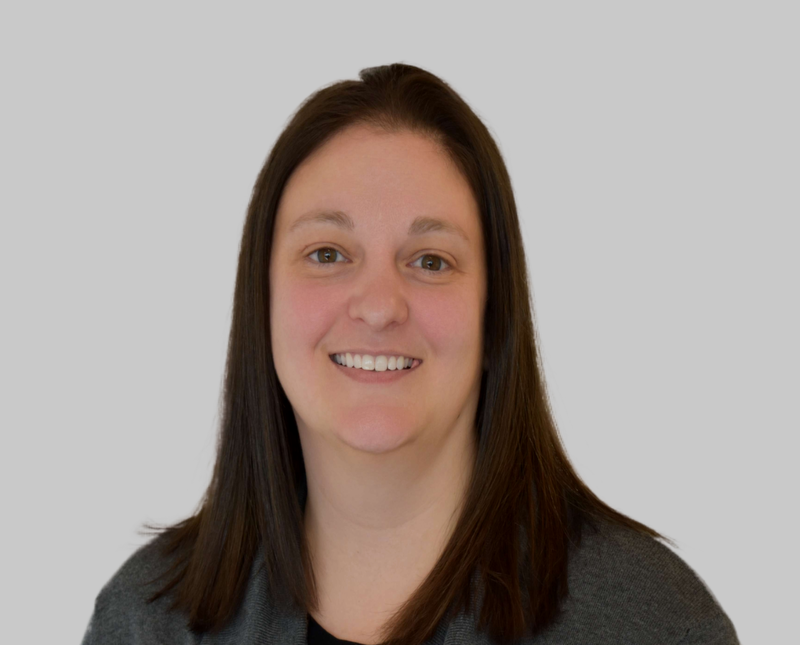 TL1 Trainee · News
TL1 Trainee · News
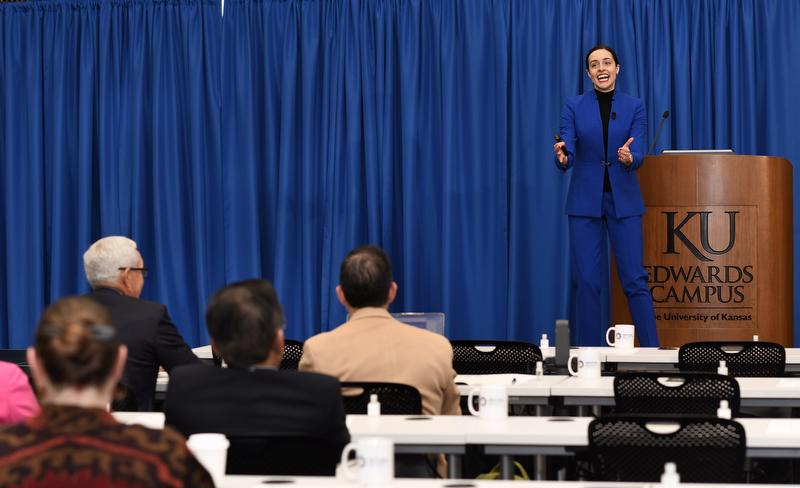 Events · News
Events · News
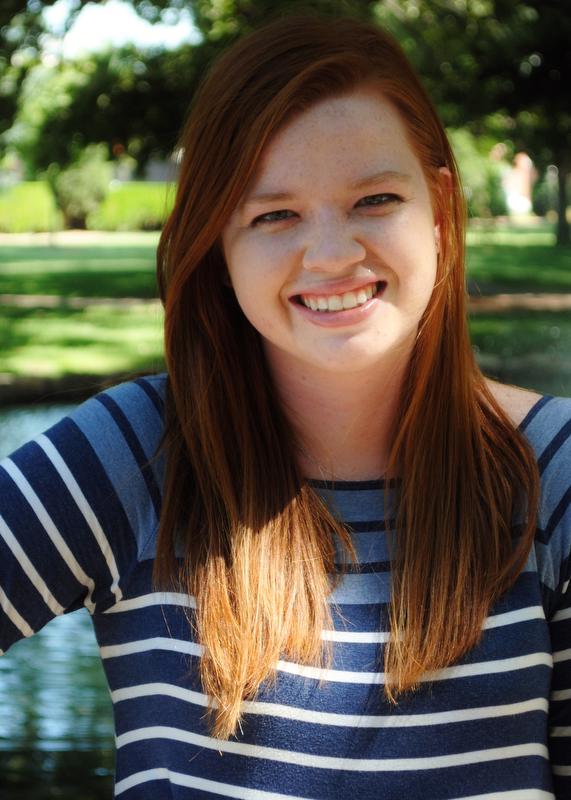 KL2 Scholar · News
KL2 Scholar · News
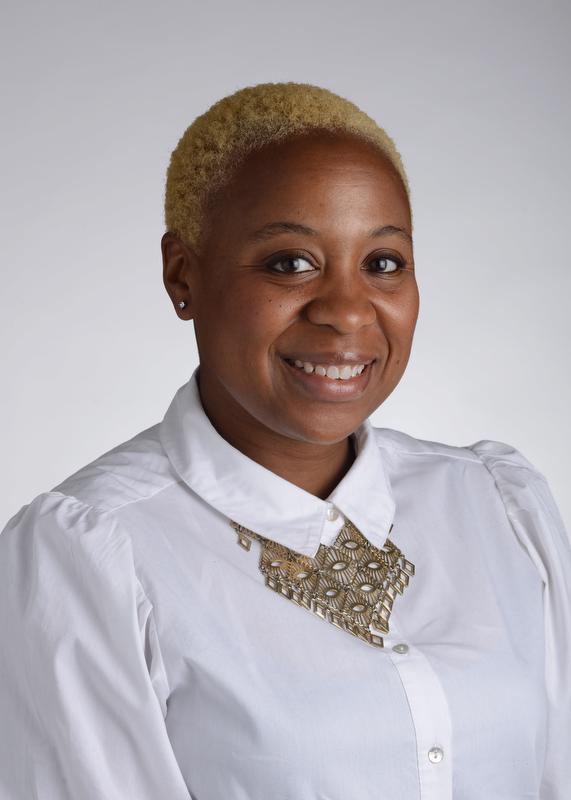 News
News
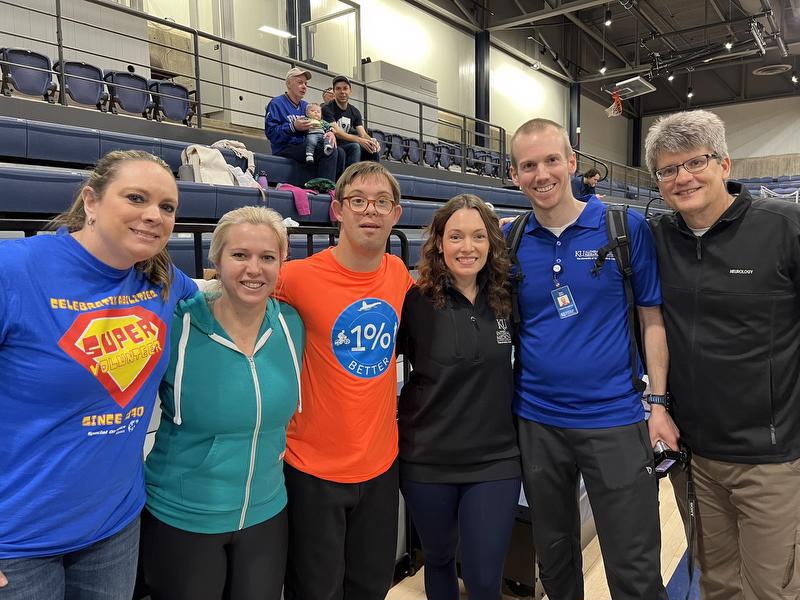 TL1 Trainee · News
TL1 Trainee · News
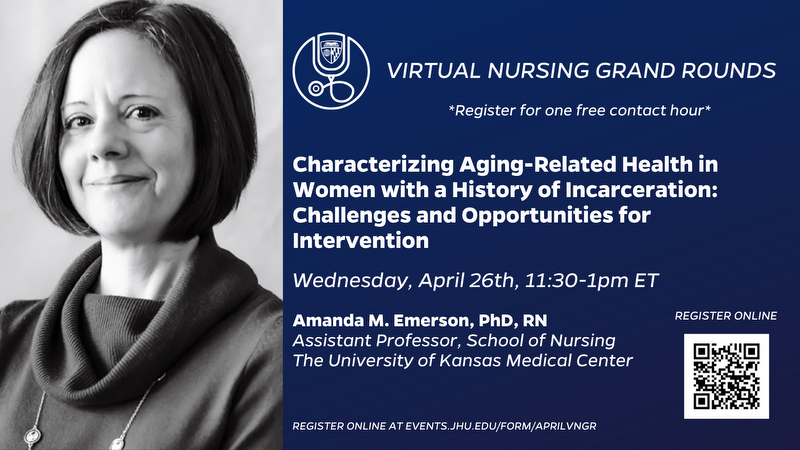 News · KL2 Scholar
News · KL2 Scholar
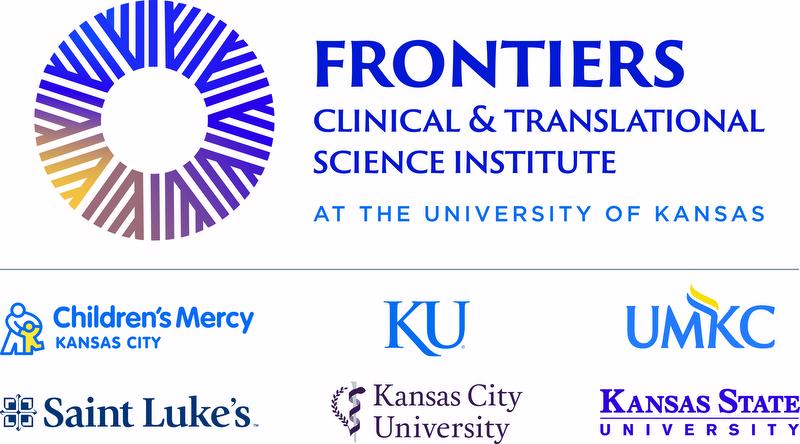
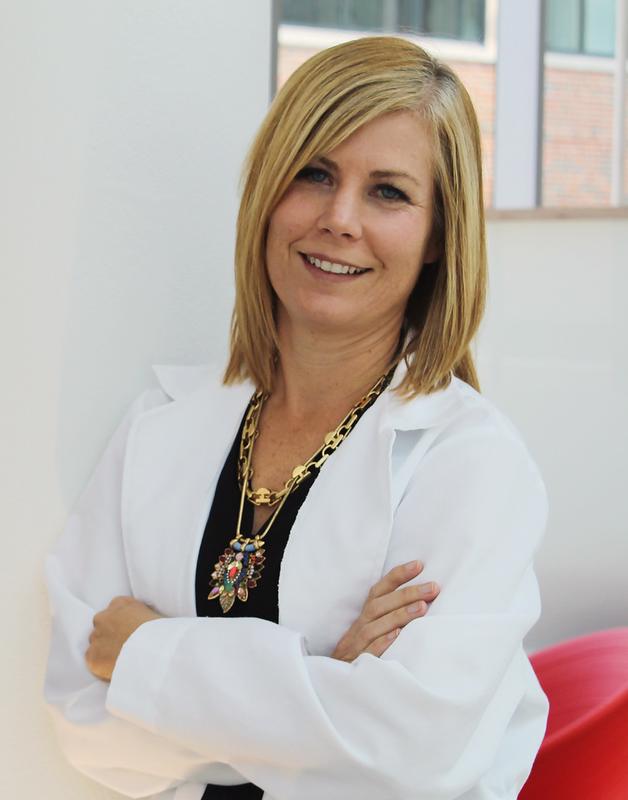 TL1 Trainee · News
TL1 Trainee · News
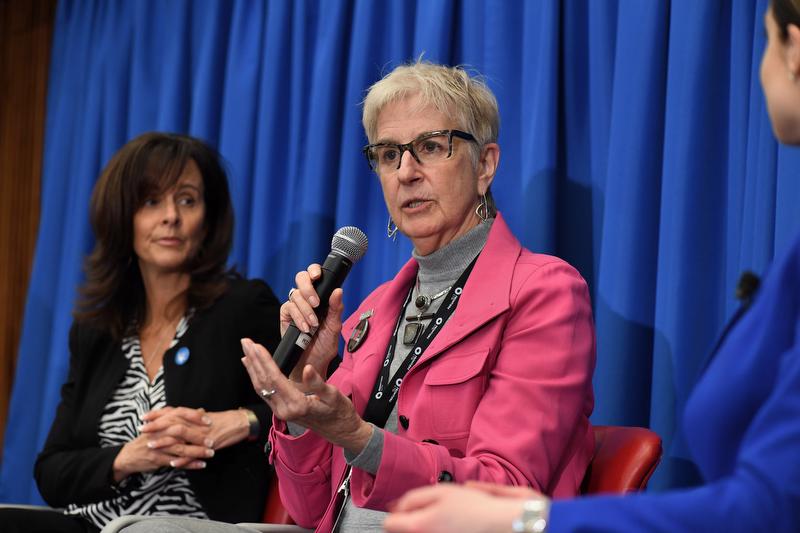 Events · News
Events · News
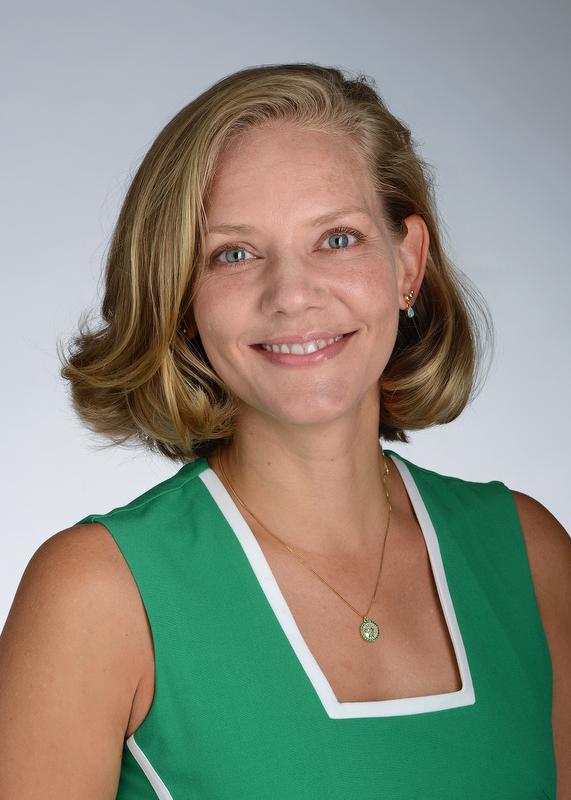 News
News
 News
News
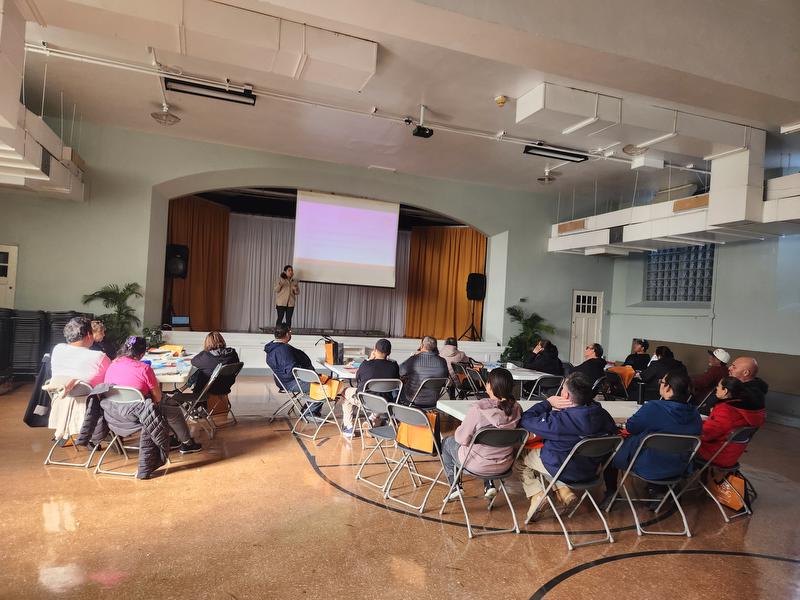

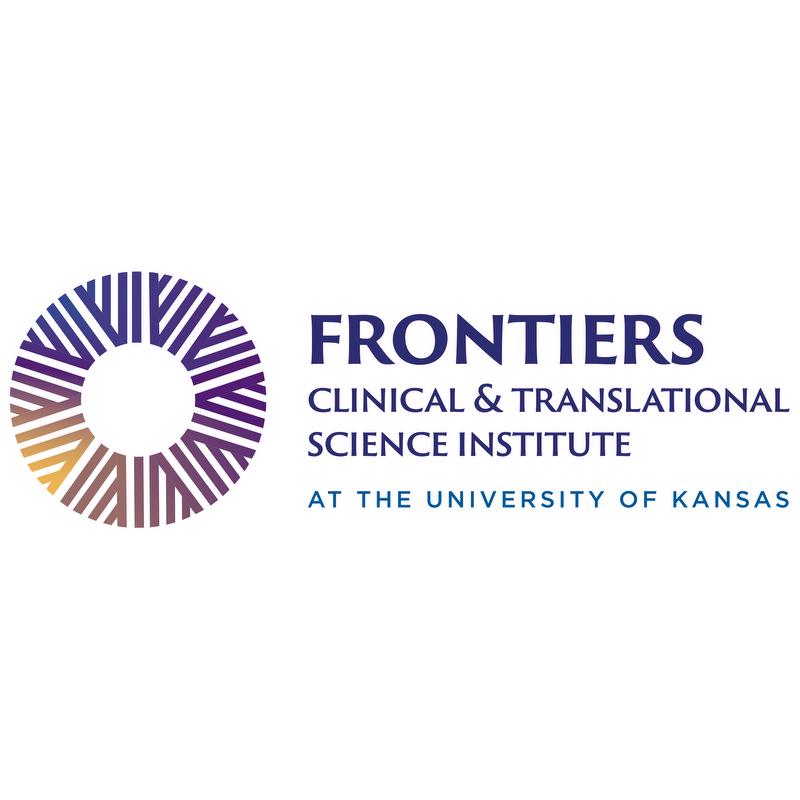 News
News
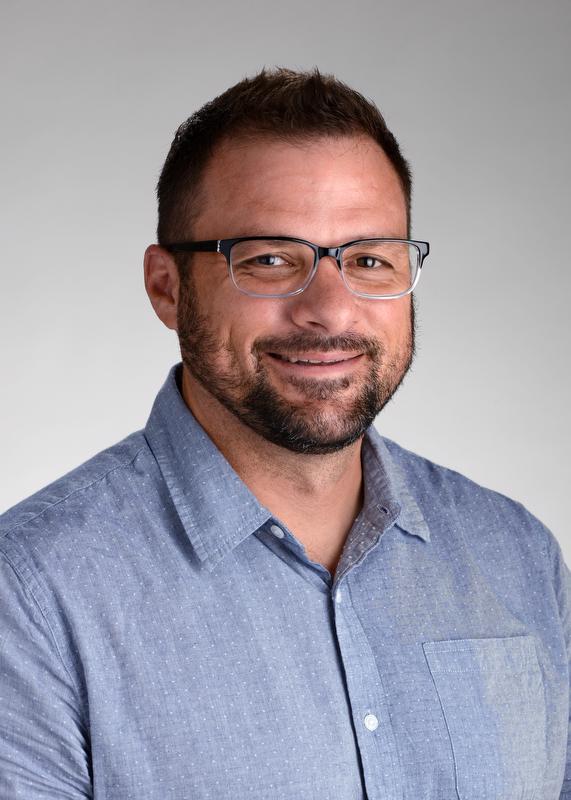
 40
40

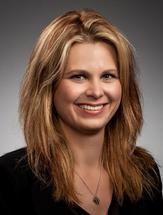 News
News
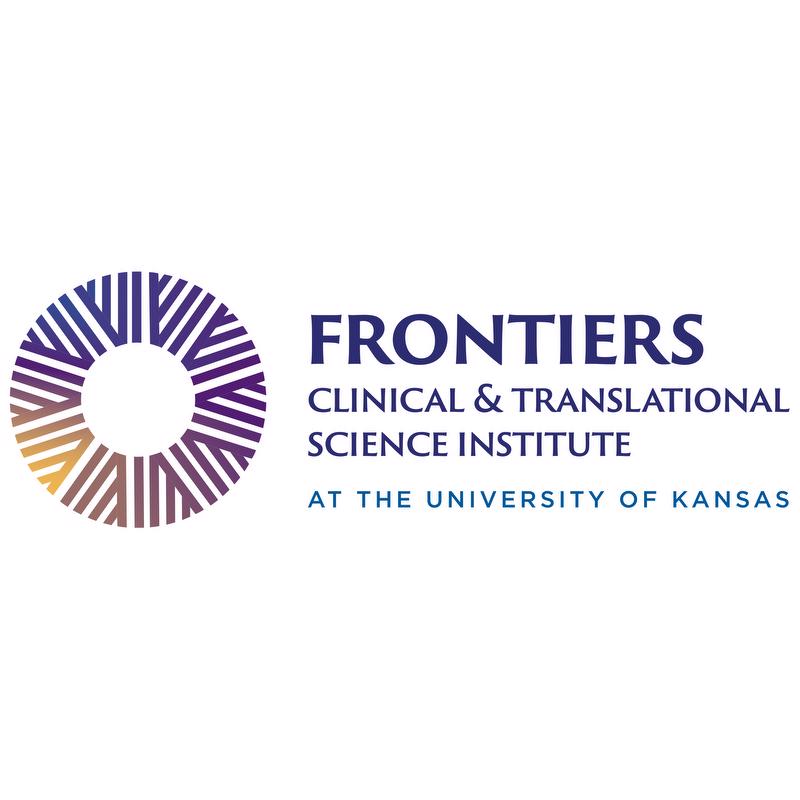 News
News
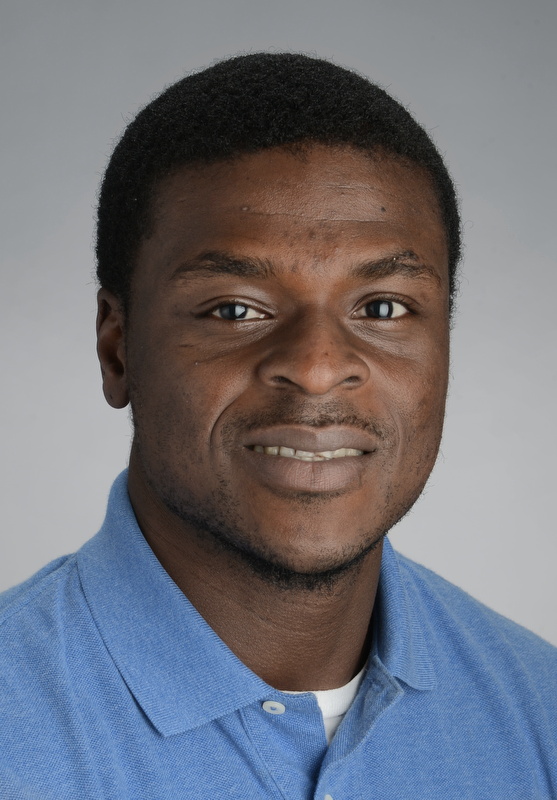 TL1 Trainee · News
TL1 Trainee · News
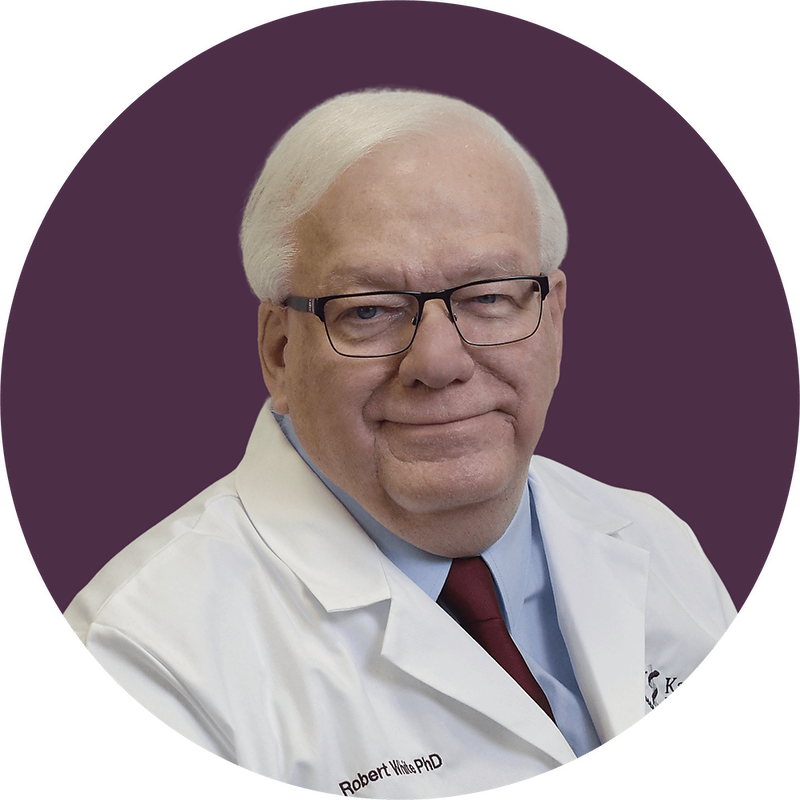 News
News
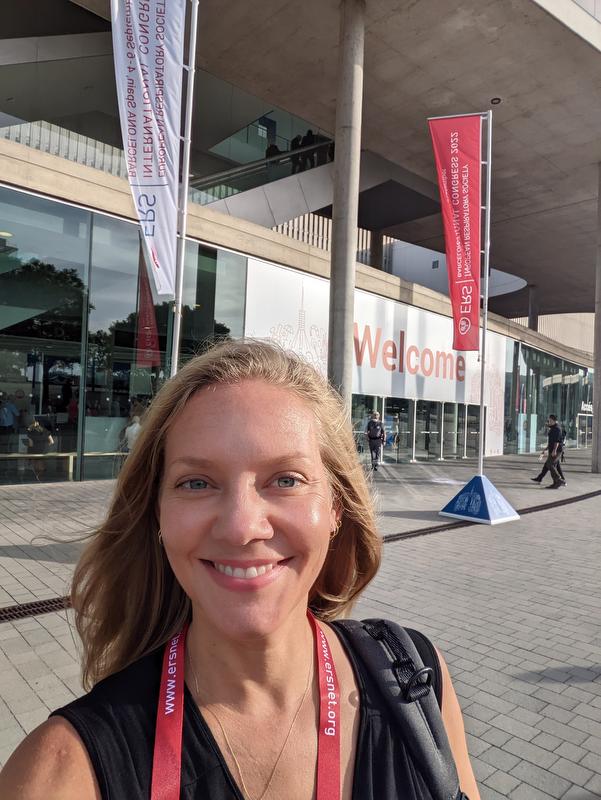 Funded Projects · News
Funded Projects · News
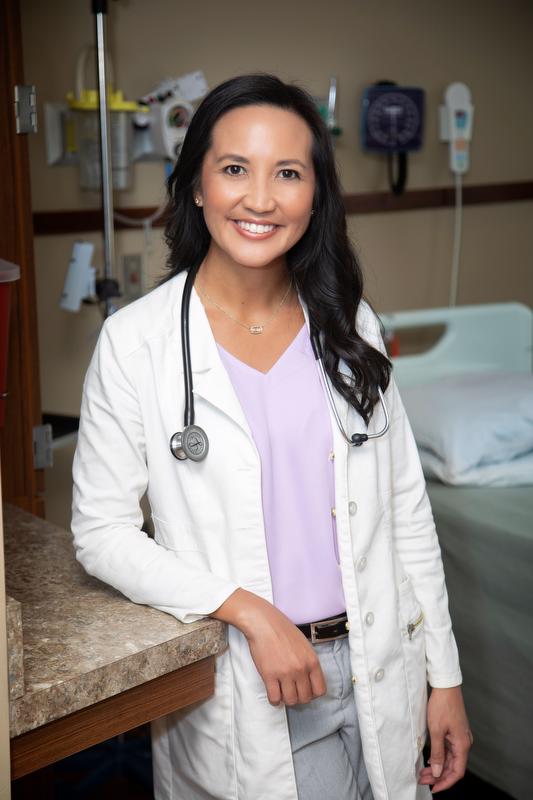 News · In the Community
News · In the Community
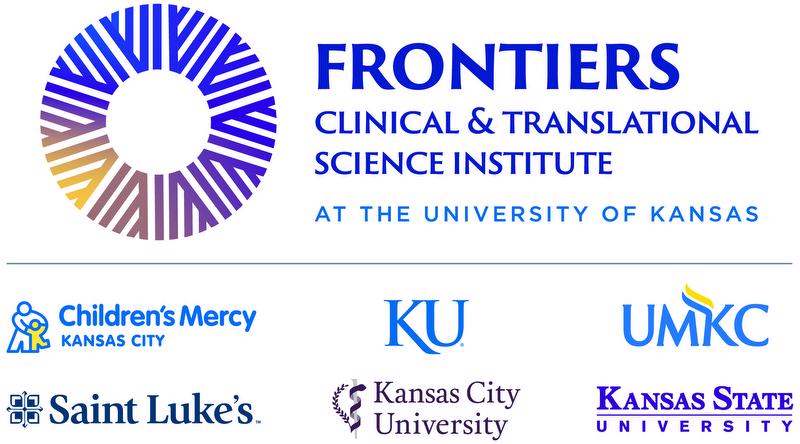 Funded Projects · News
Funded Projects · News
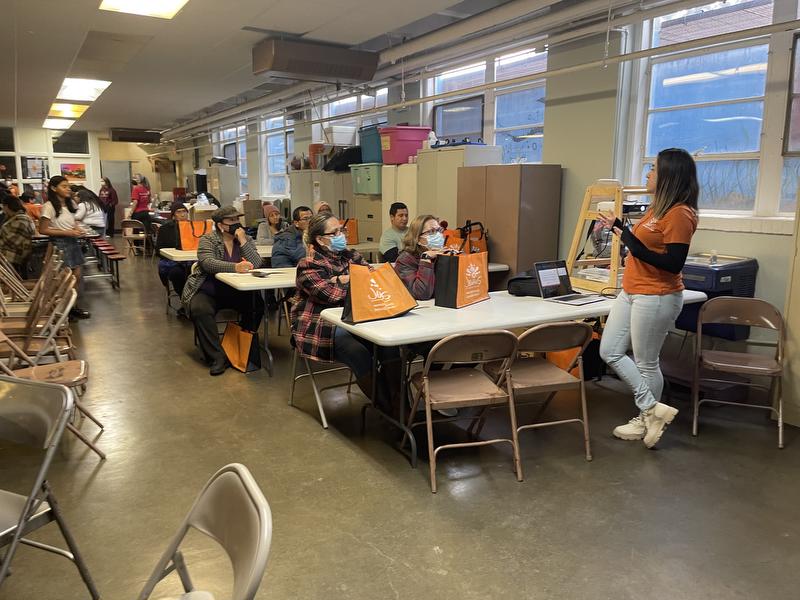 In the Community
In the Community
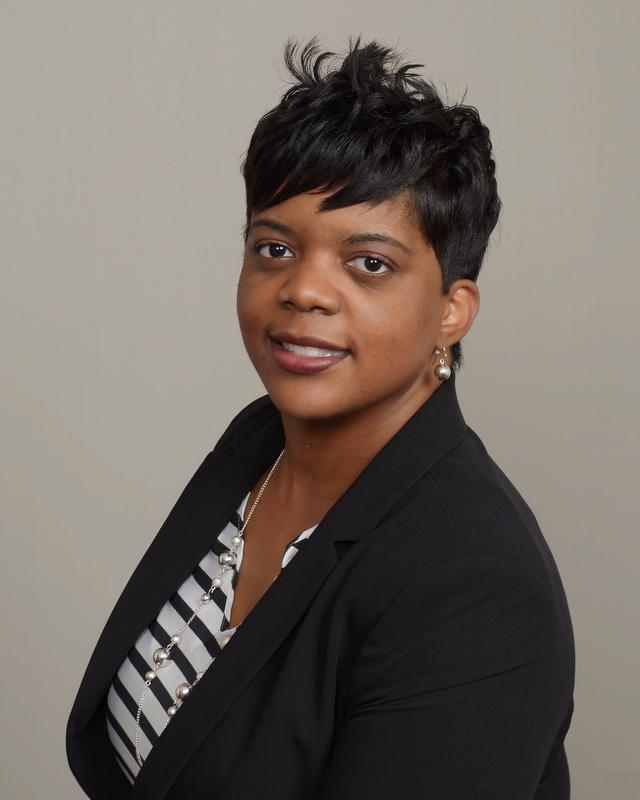 News · In the Community · Partner News
News · In the Community · Partner News
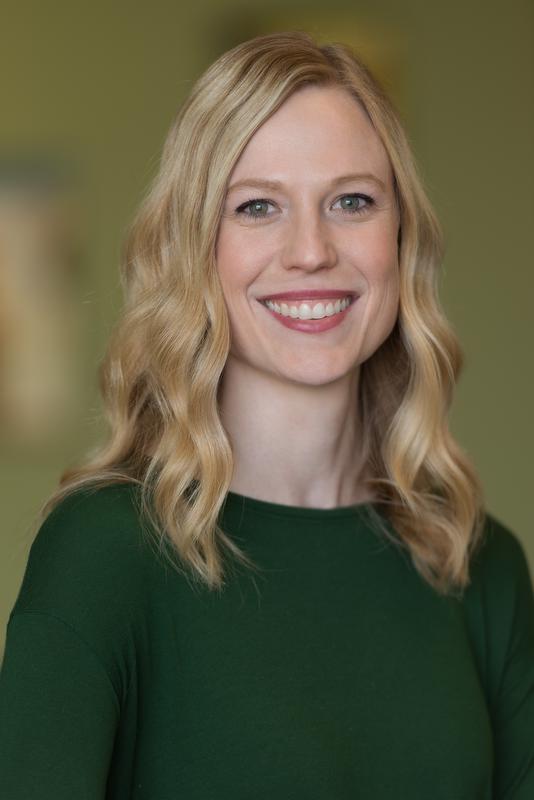 KL2 Scholar · News
KL2 Scholar · News
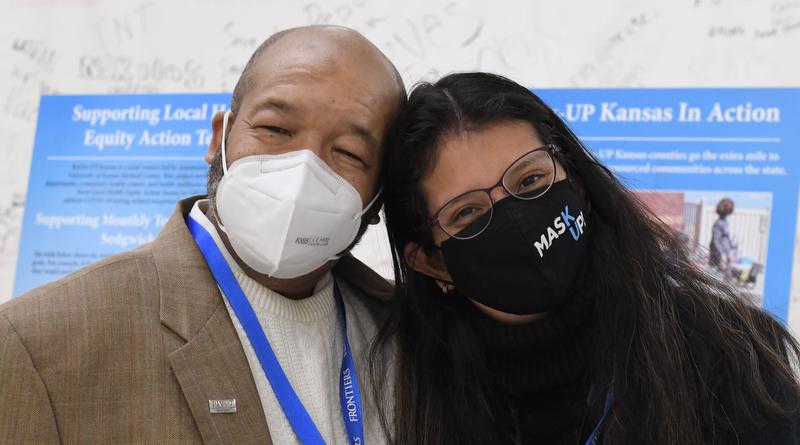 News · In the Community
News · In the Community
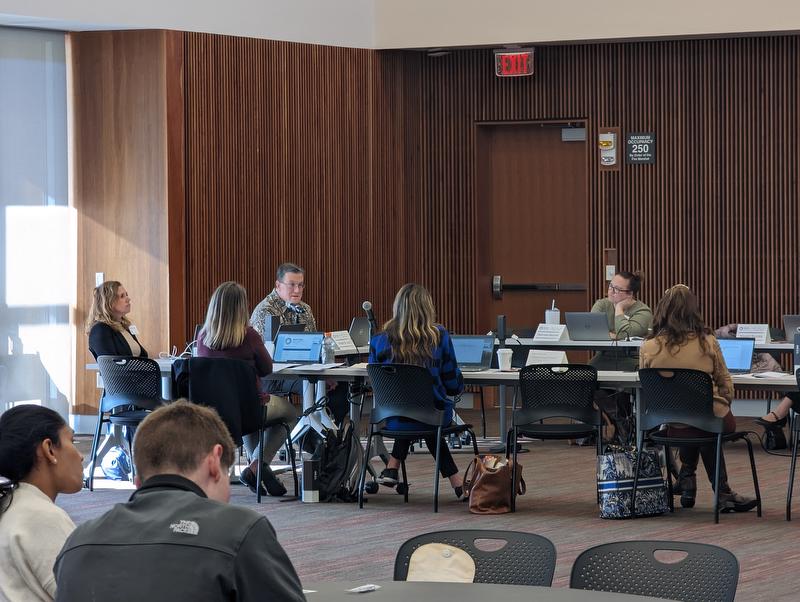 Events · News · Services
Events · News · Services
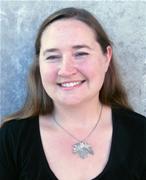 Funded Projects · News
Funded Projects · News
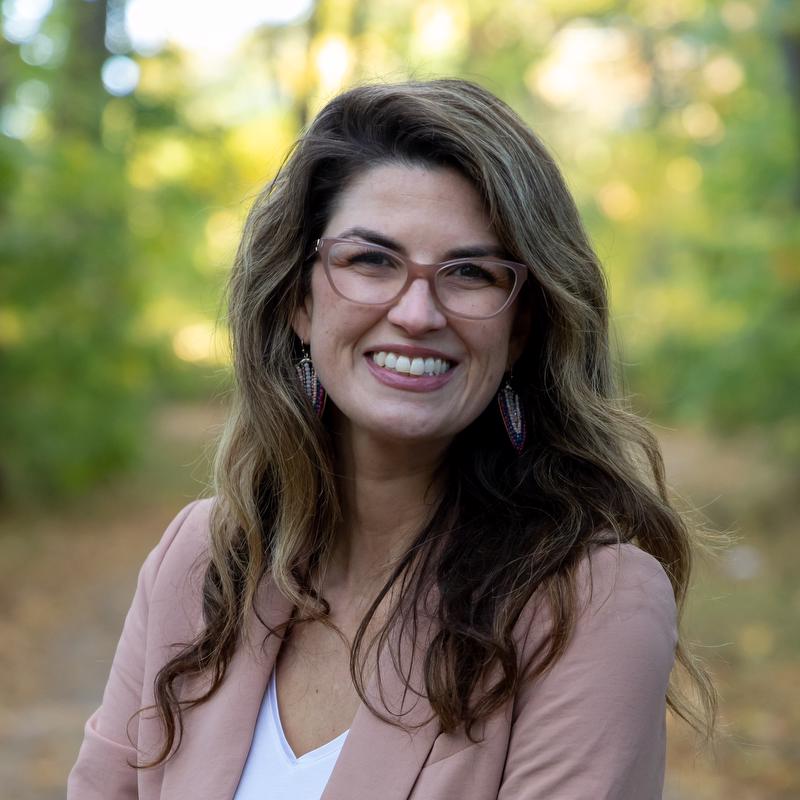 KL2 Scholar · Funded Projects · News
KL2 Scholar · Funded Projects · News
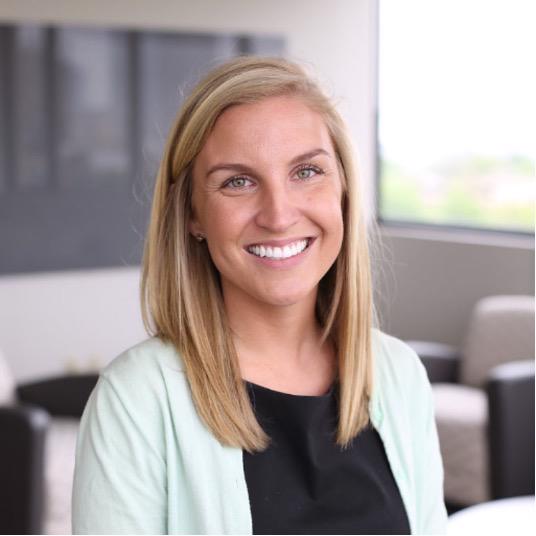 TL1 Trainee · Funded Projects · News
TL1 Trainee · Funded Projects · News
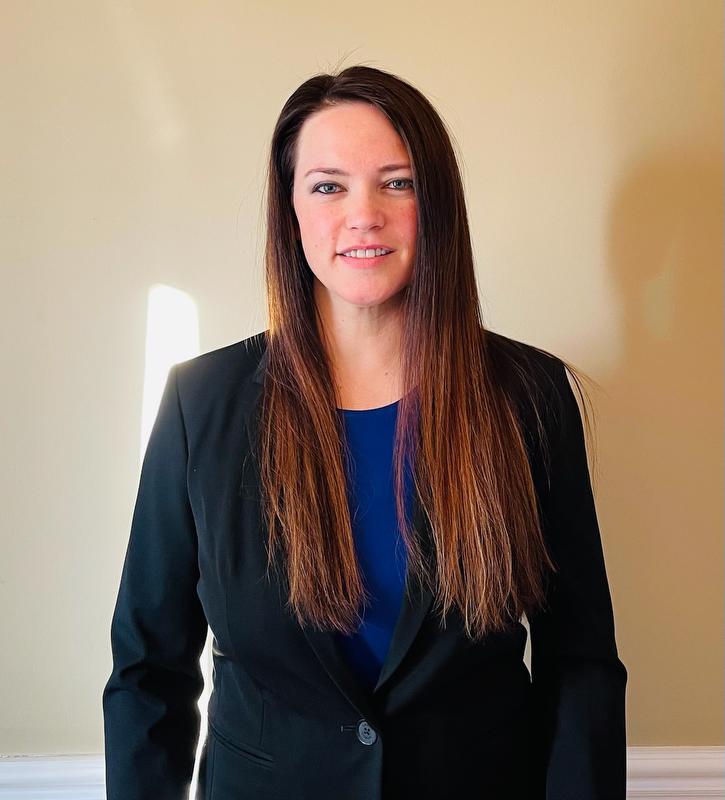 News
News
 News
News
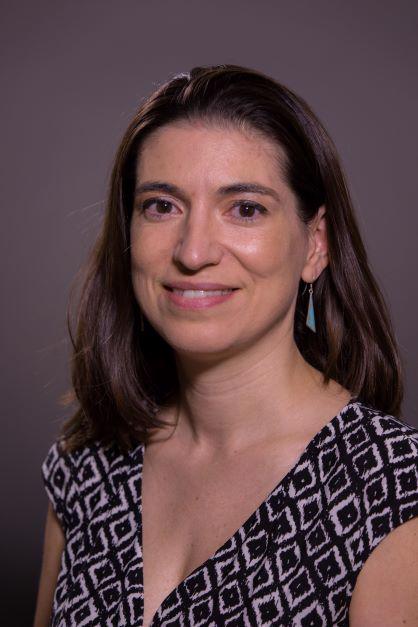 KL2 Scholar · Funded Projects
KL2 Scholar · Funded Projects
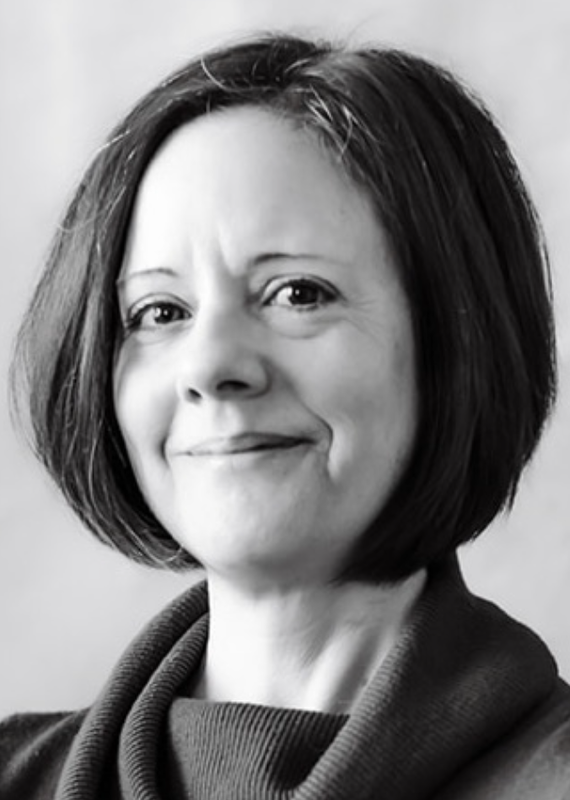 KL2 Scholar · Funded Projects
KL2 Scholar · Funded Projects
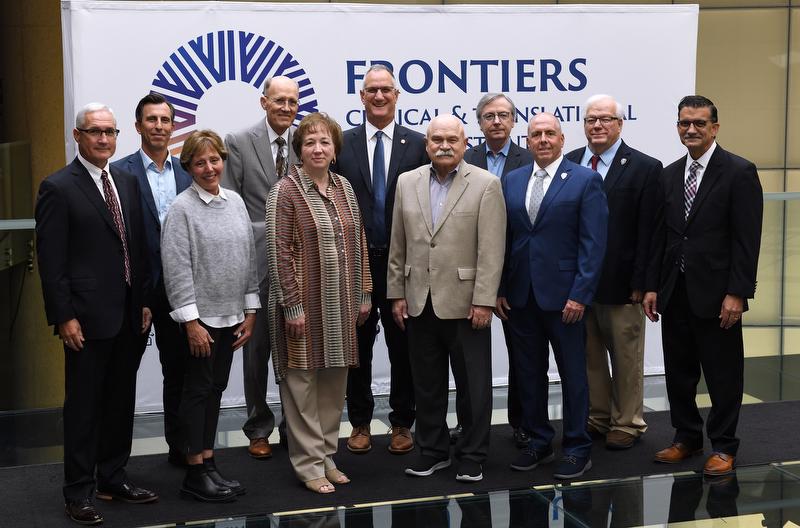 Events · News
Events · News
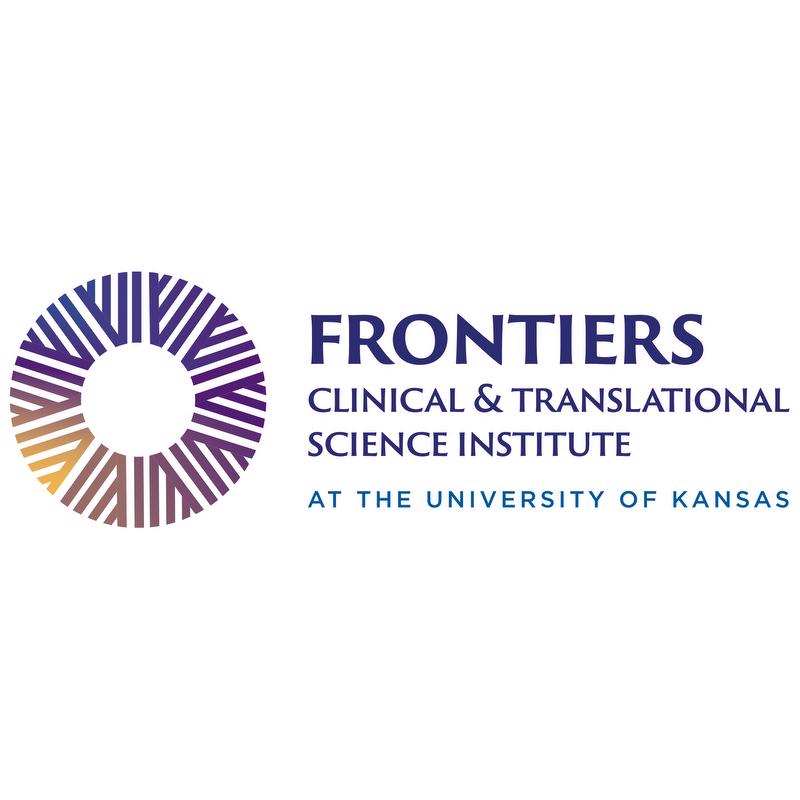 News
News
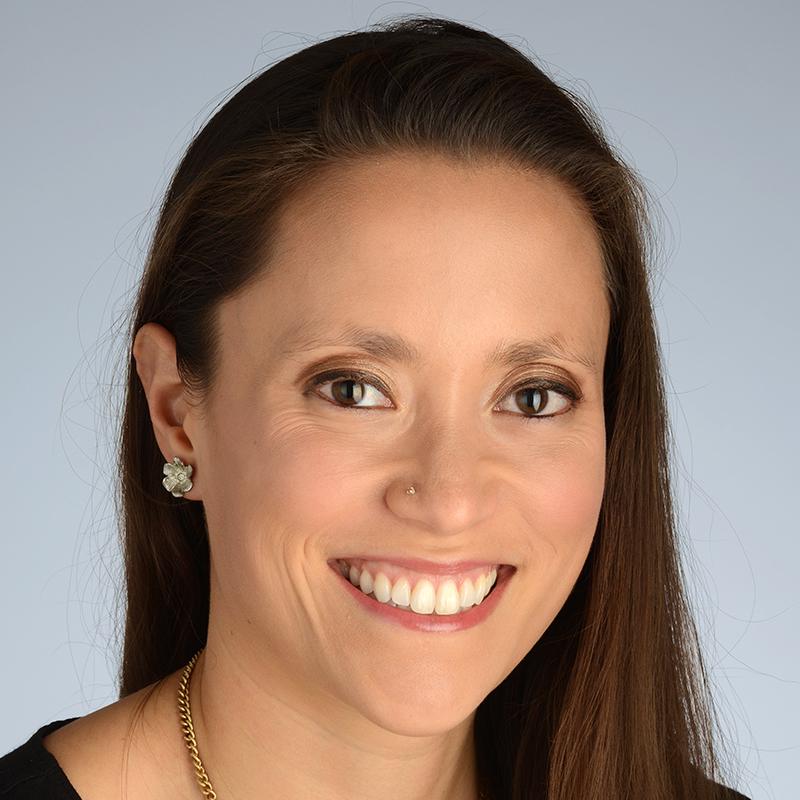 KL2 Scholar · Funded Projects
KL2 Scholar · Funded Projects
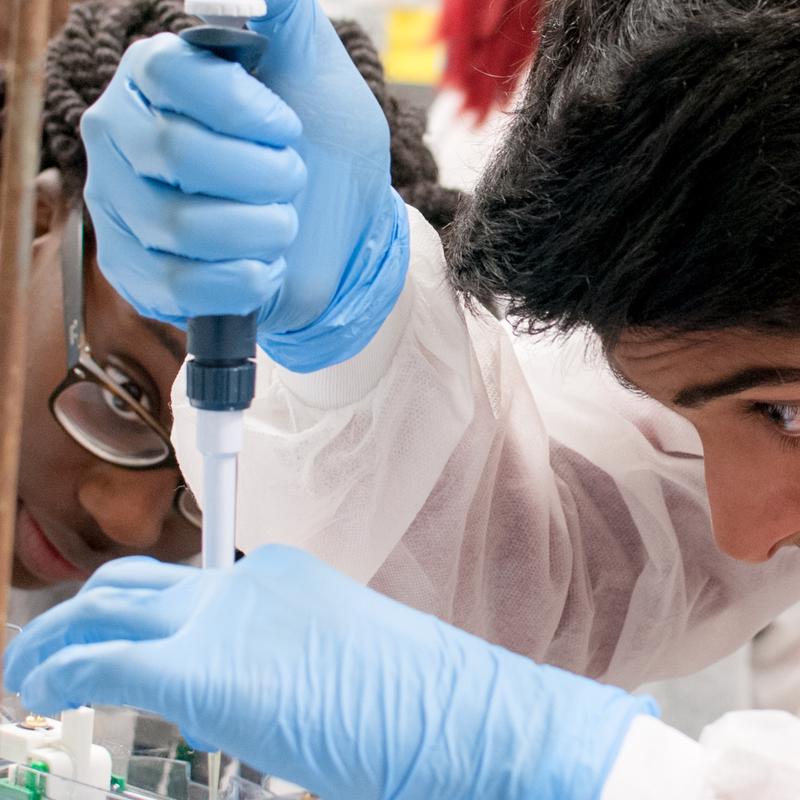 News
News
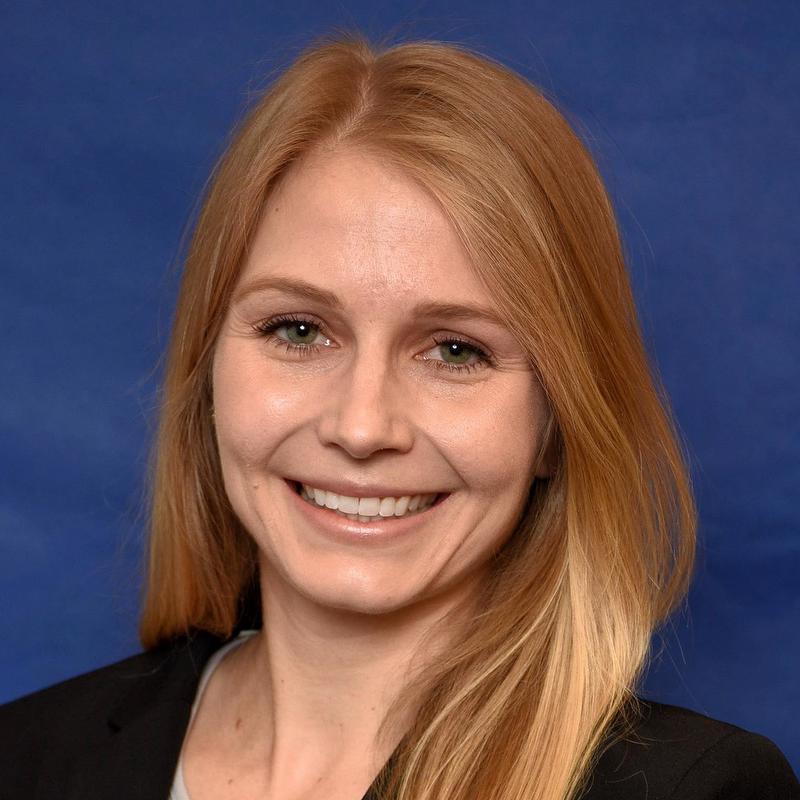 Funded Projects
Funded Projects
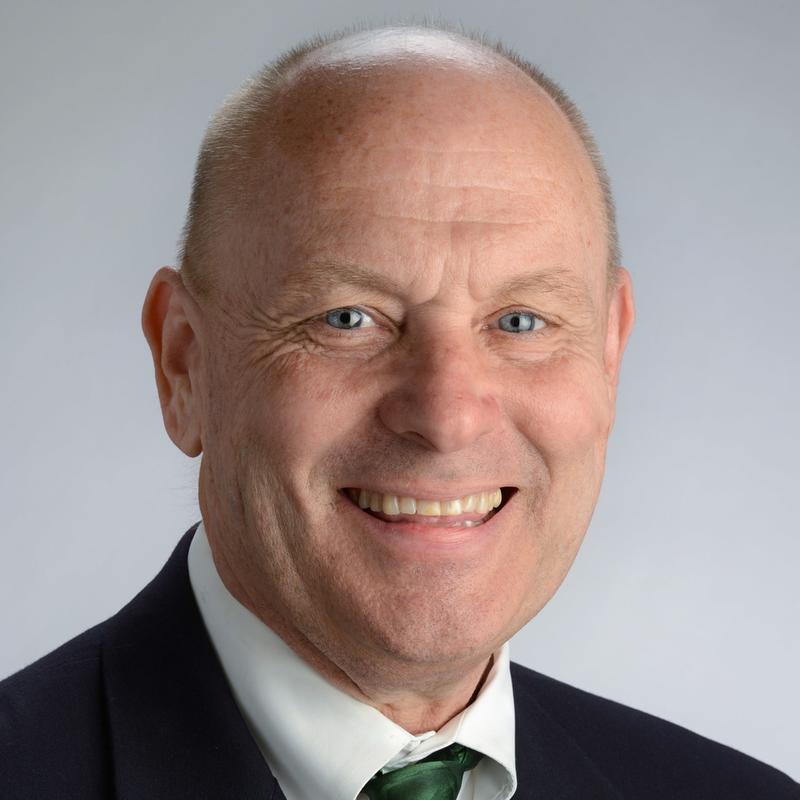
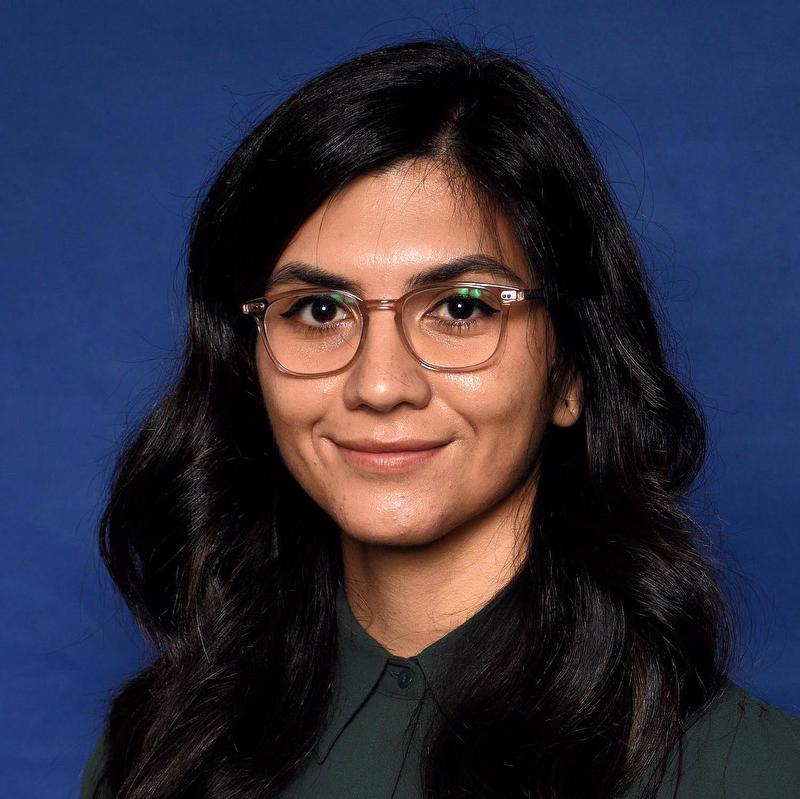 TL1 Trainee
TL1 Trainee
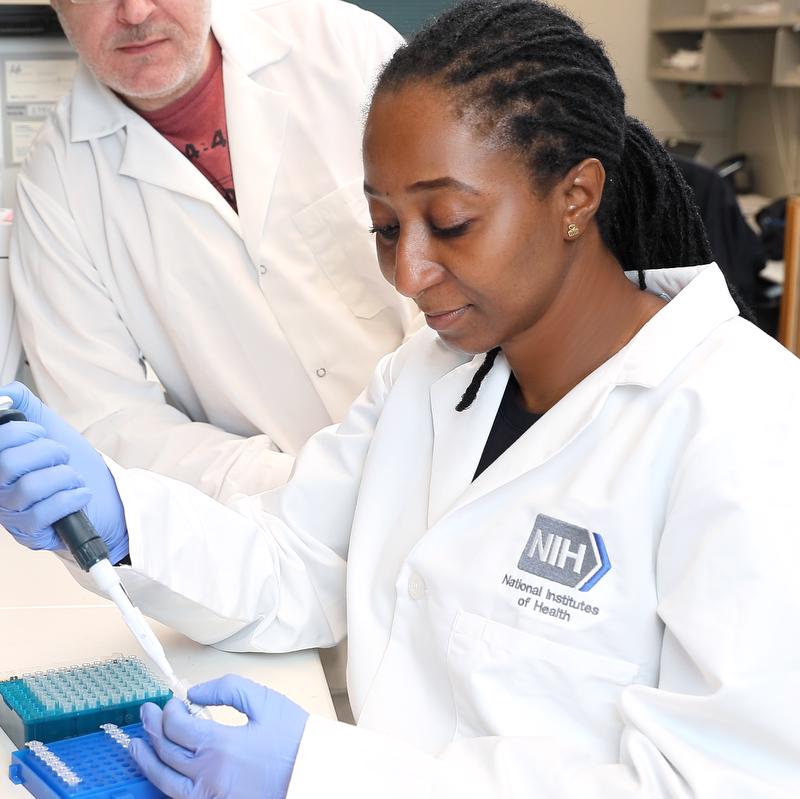 News
News
 Funded Projects
Funded Projects
